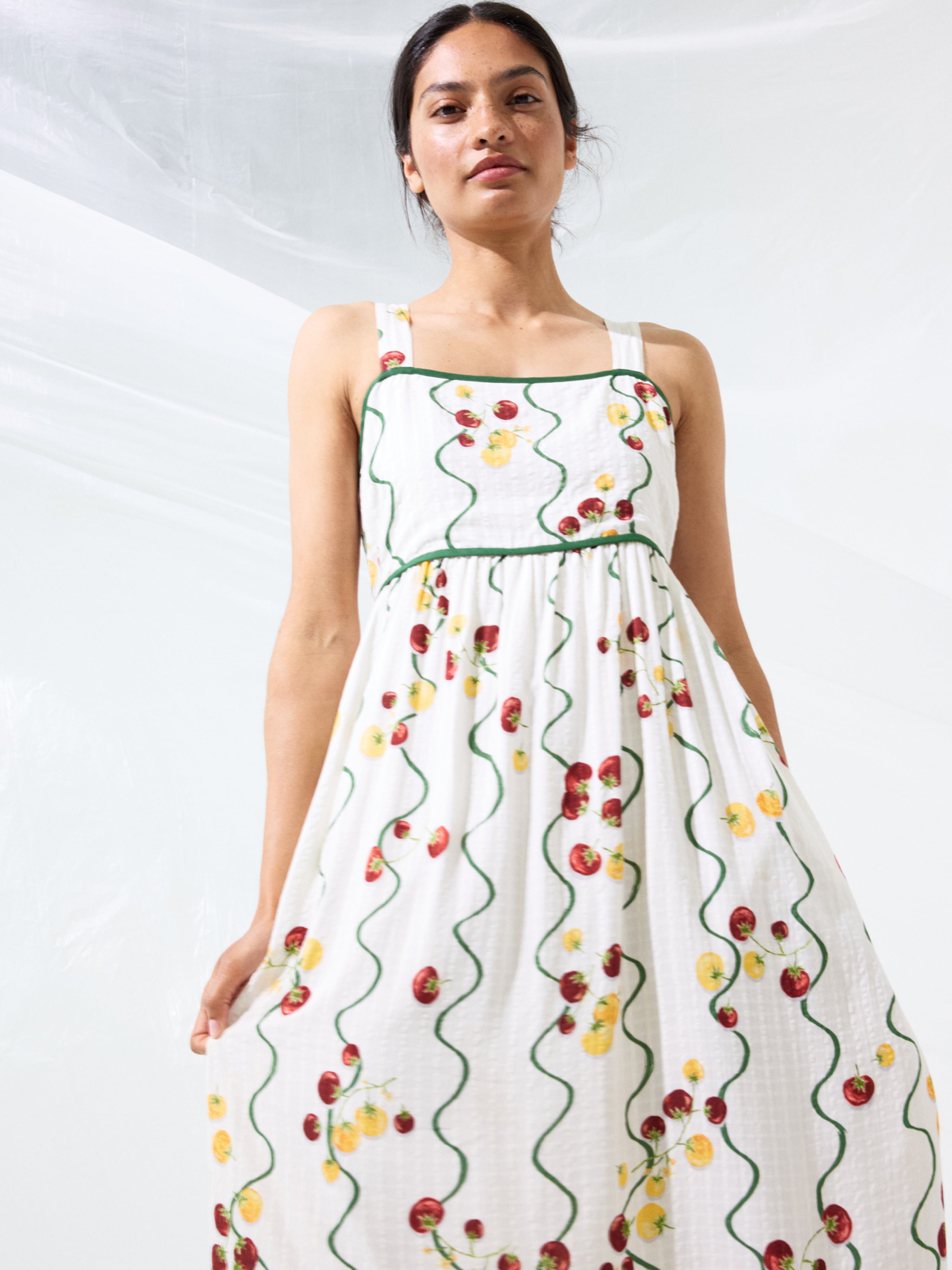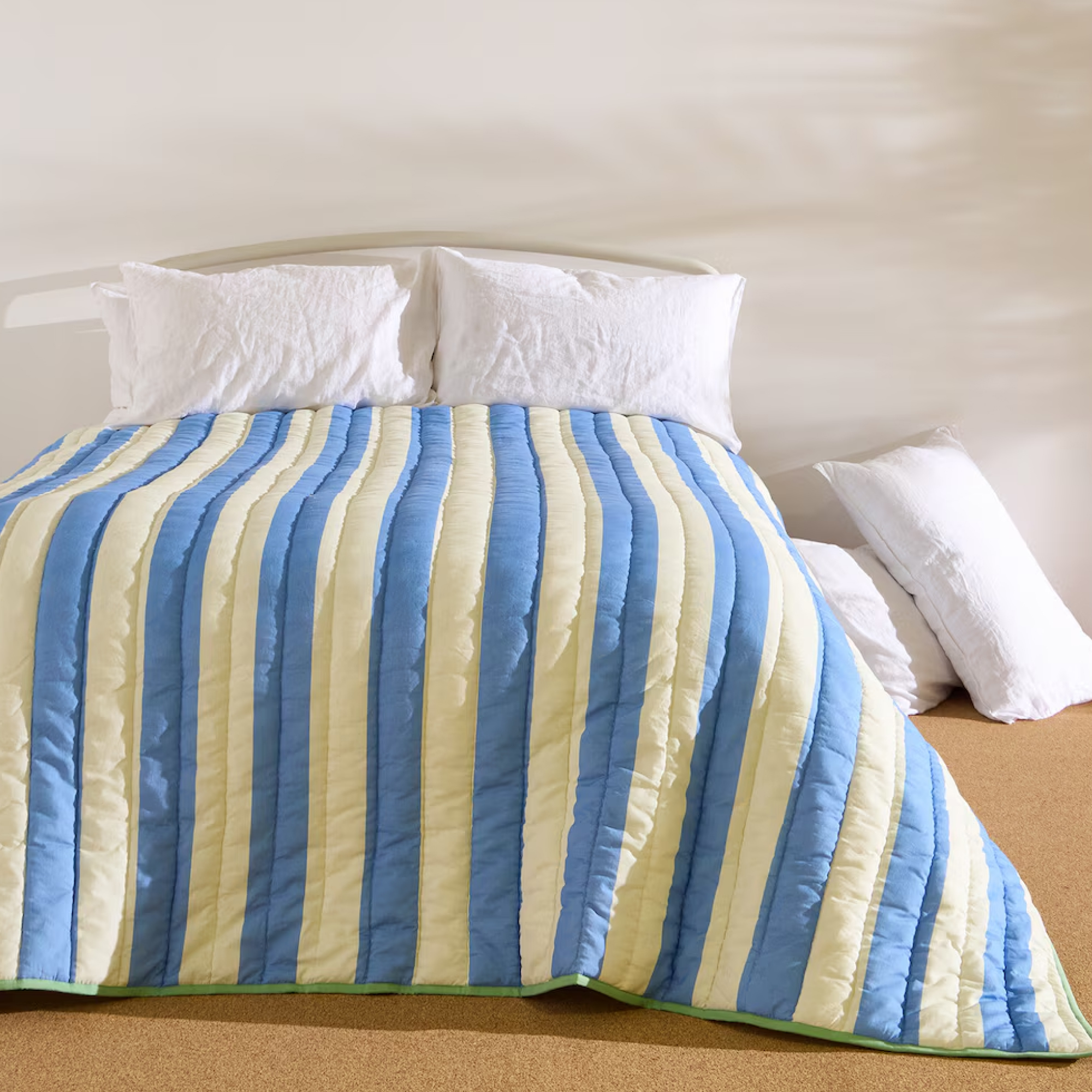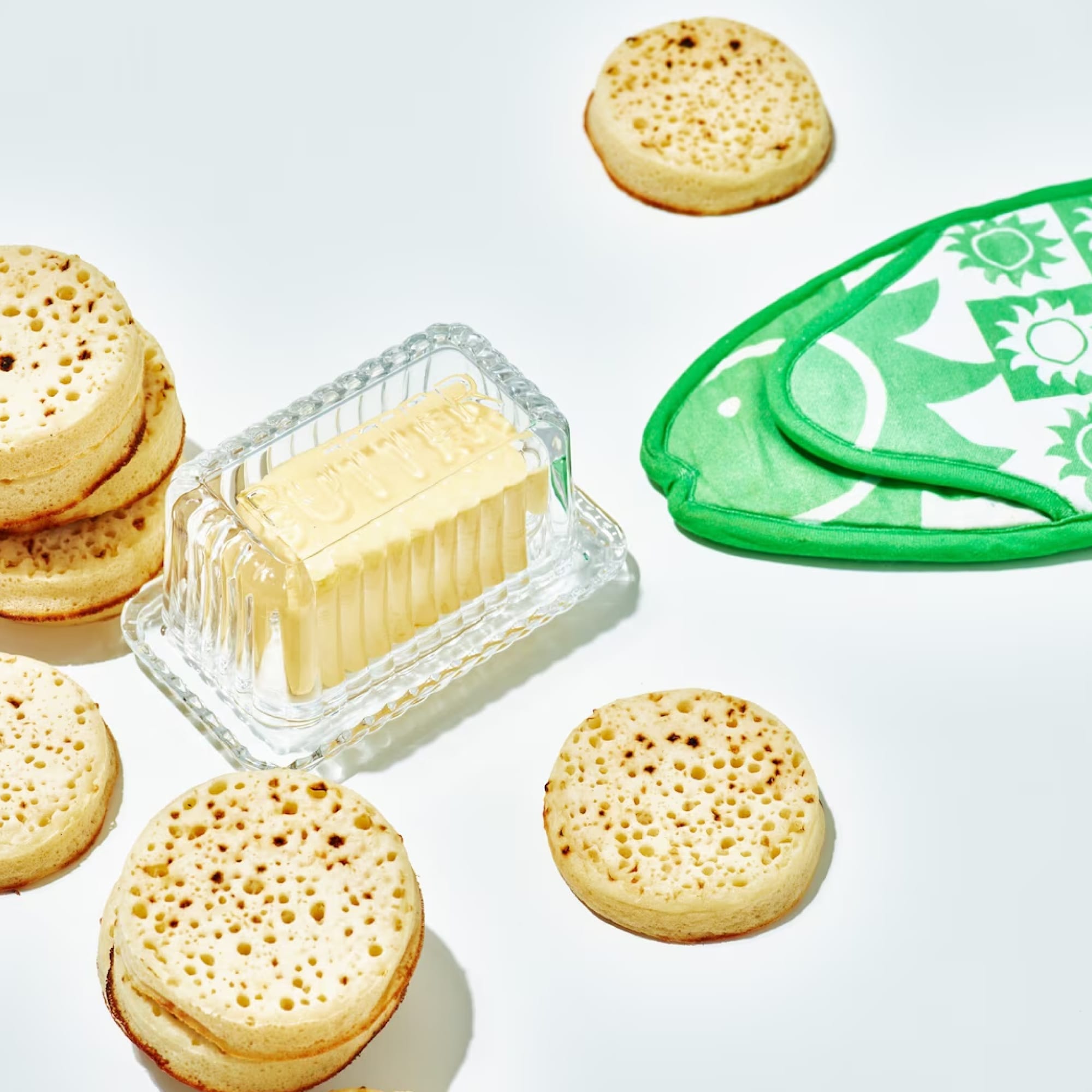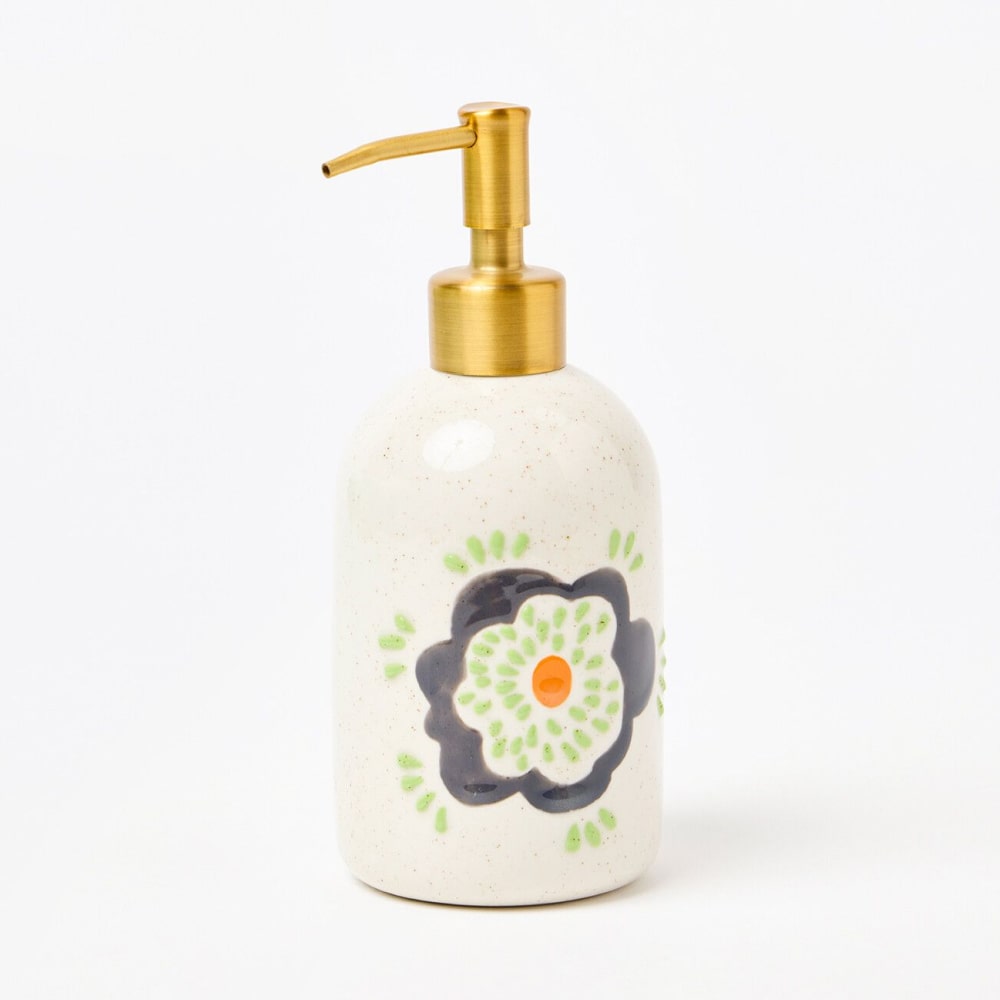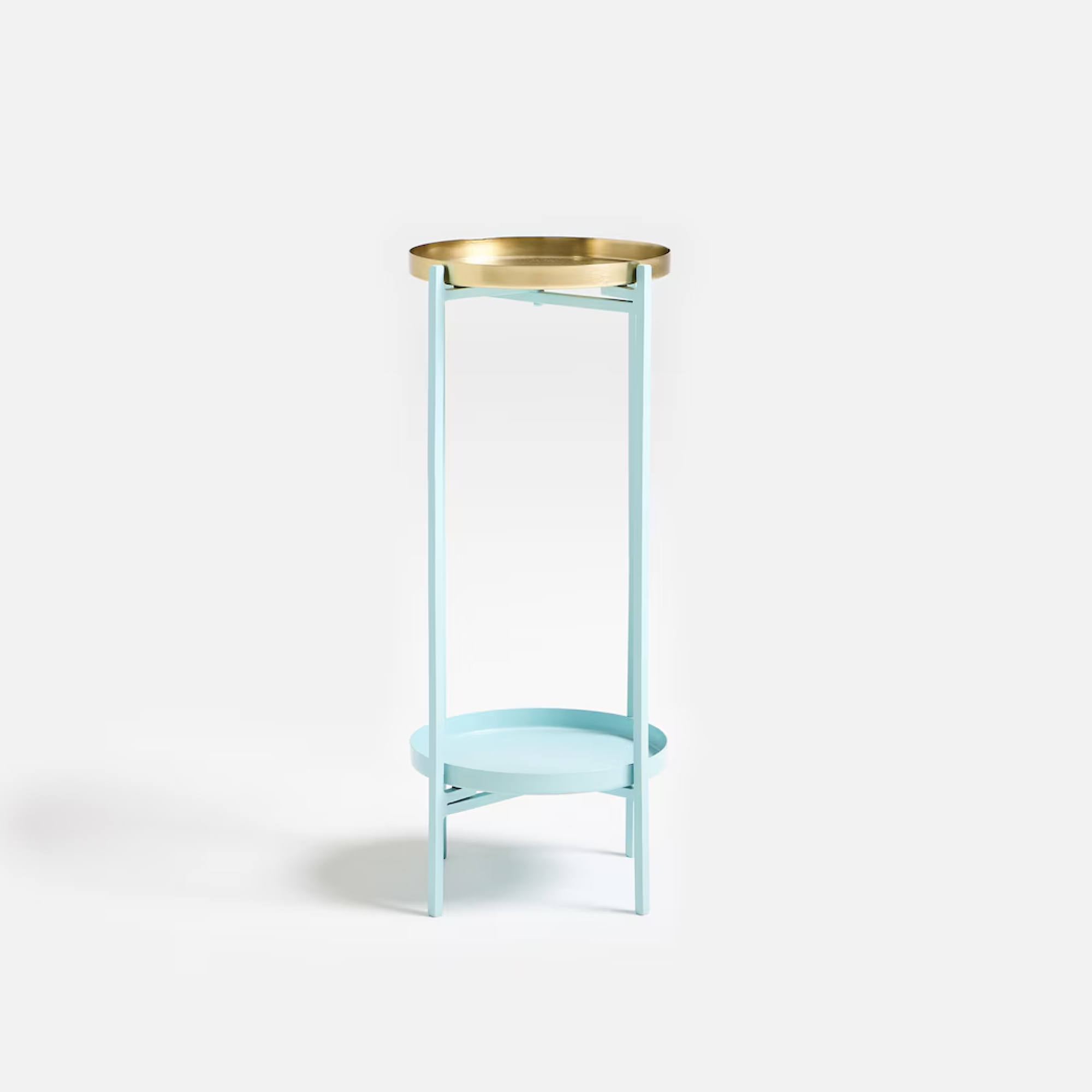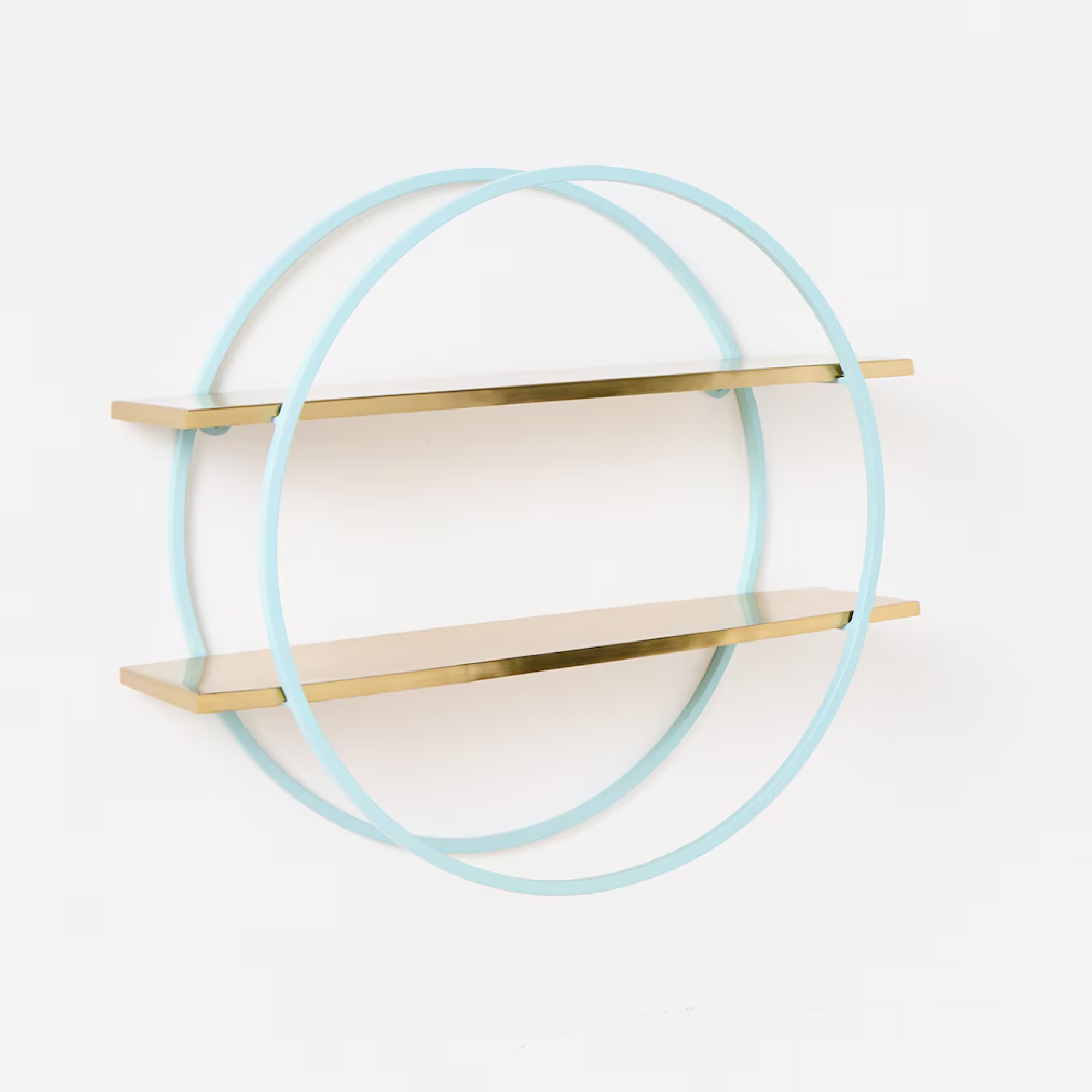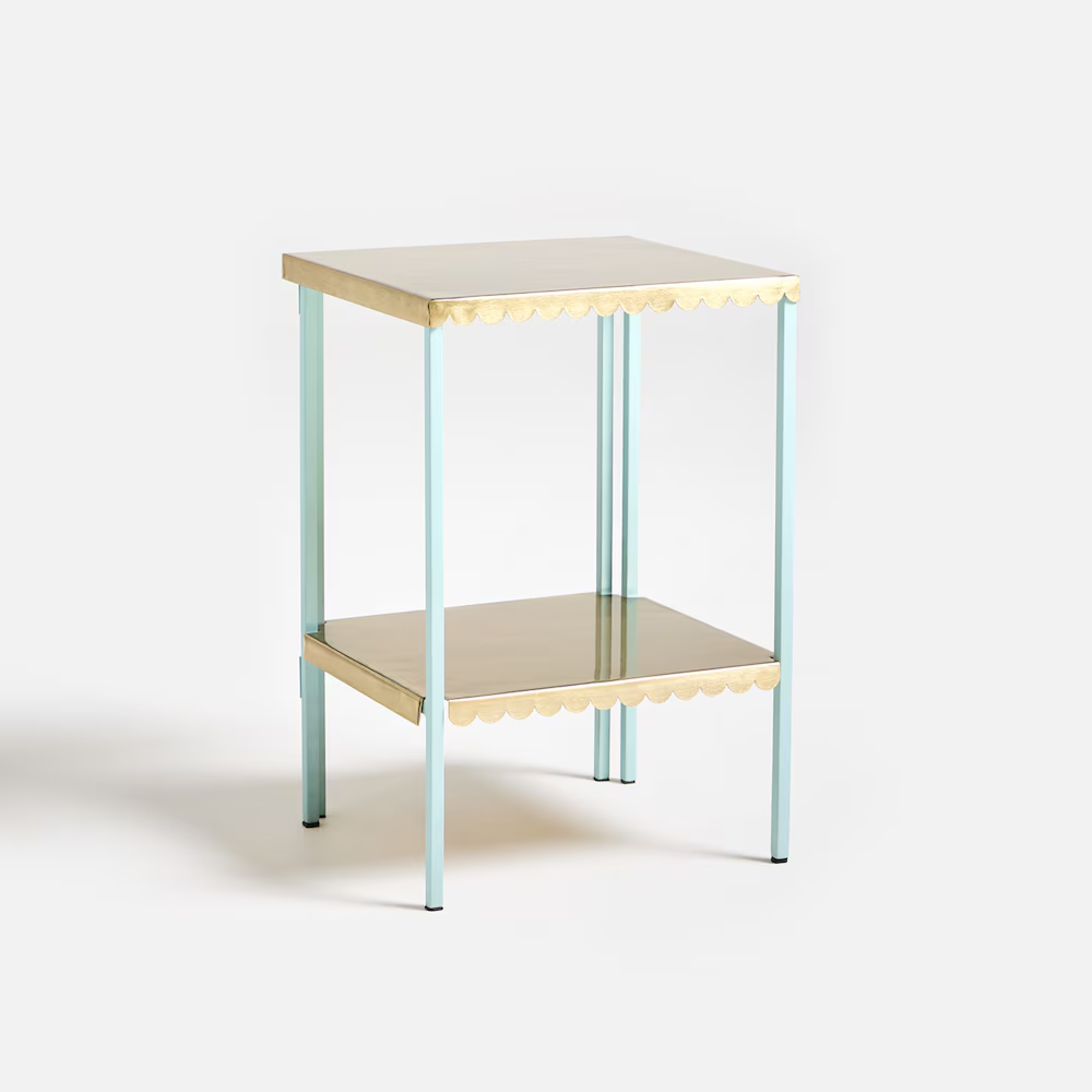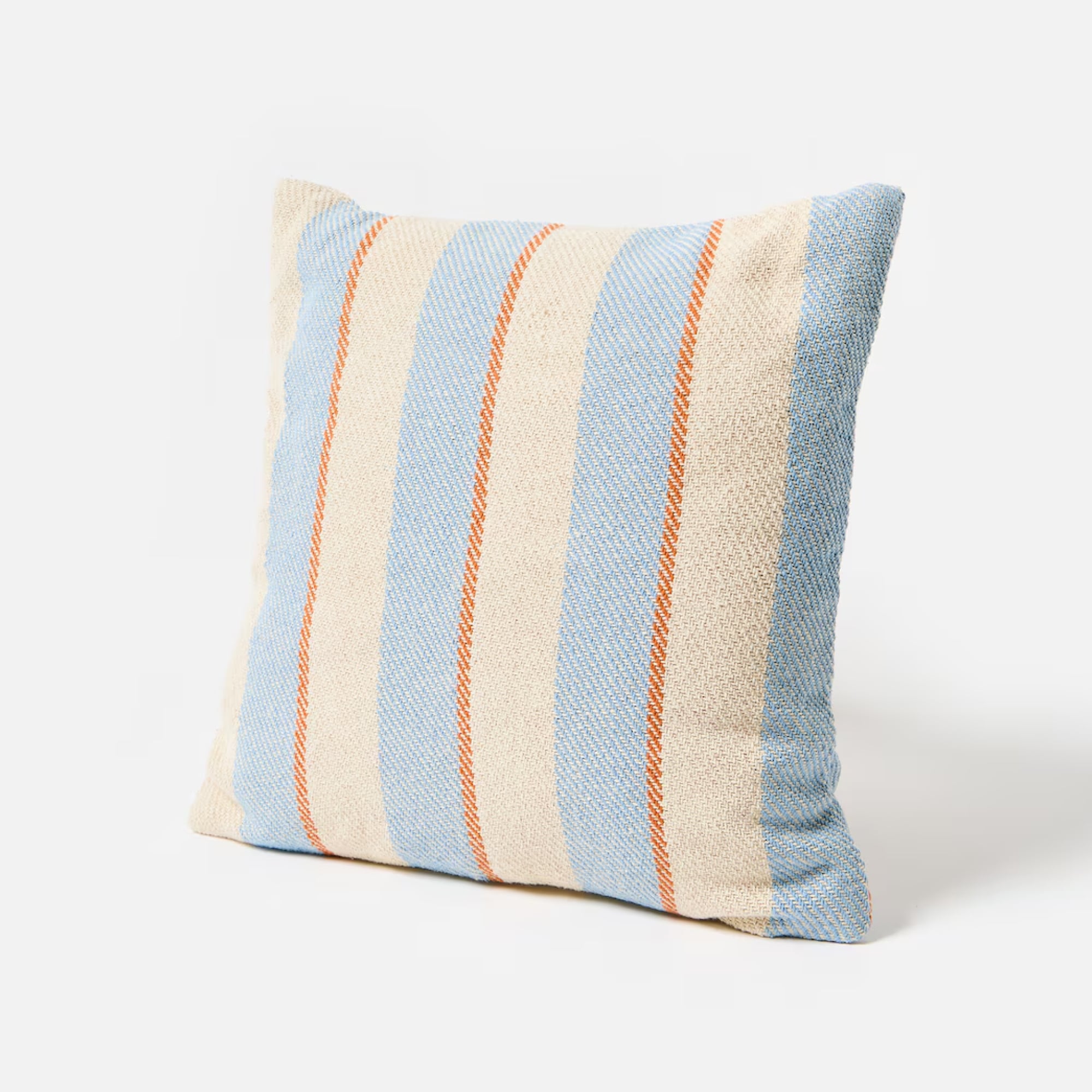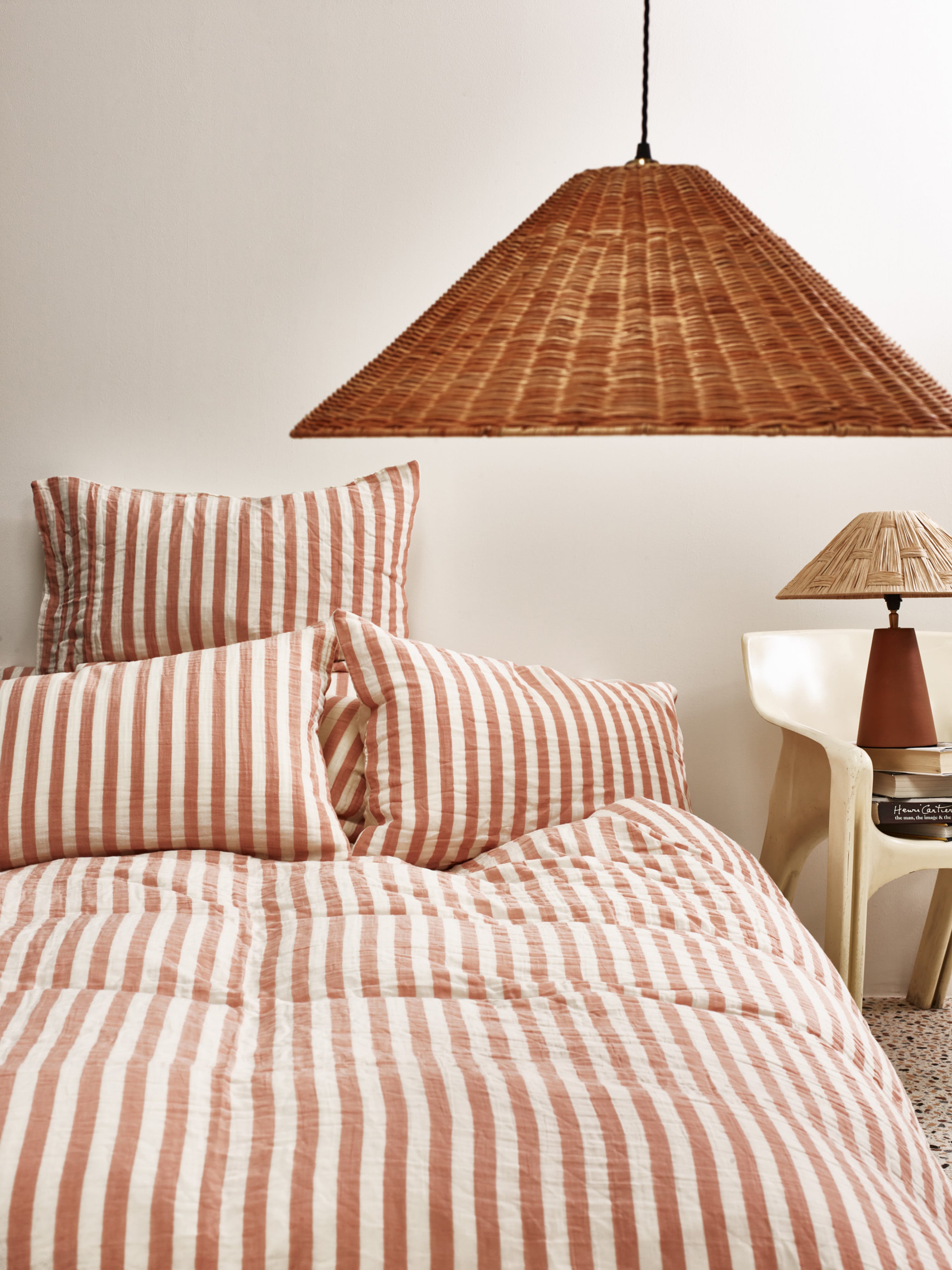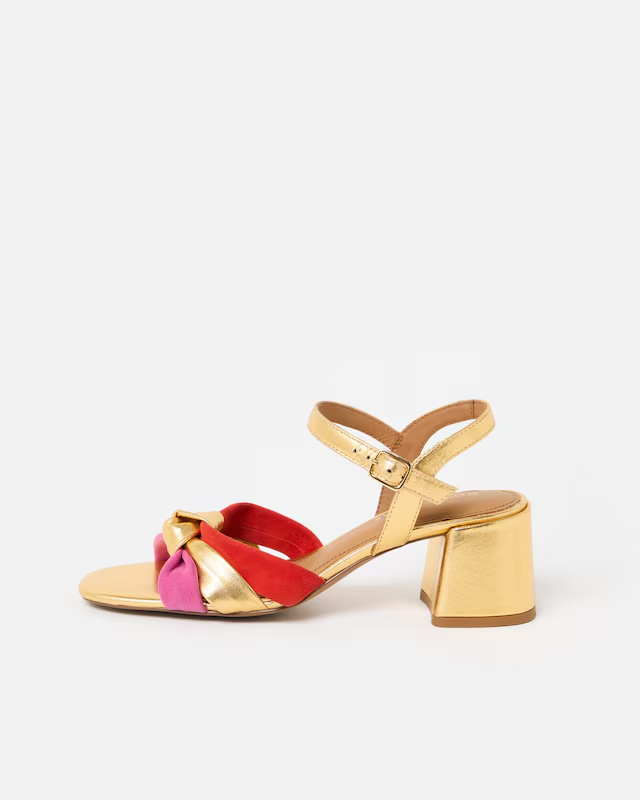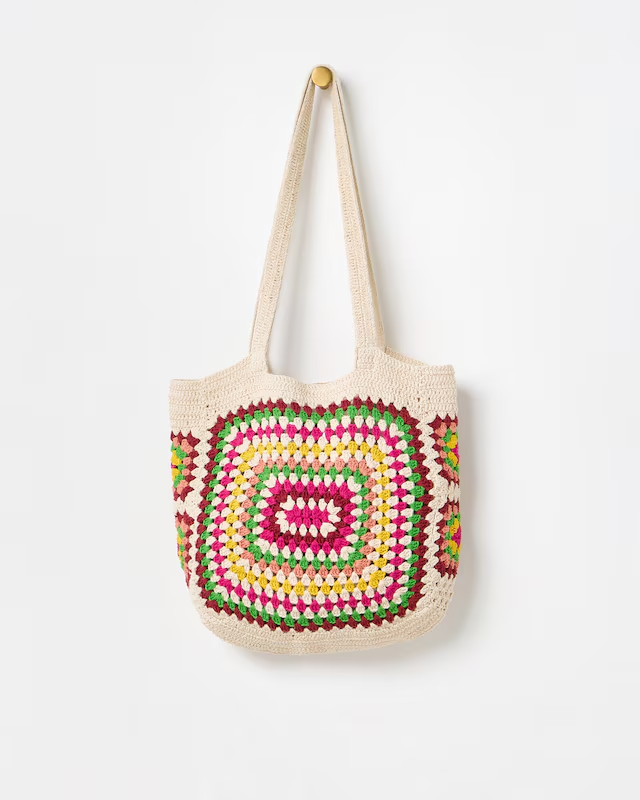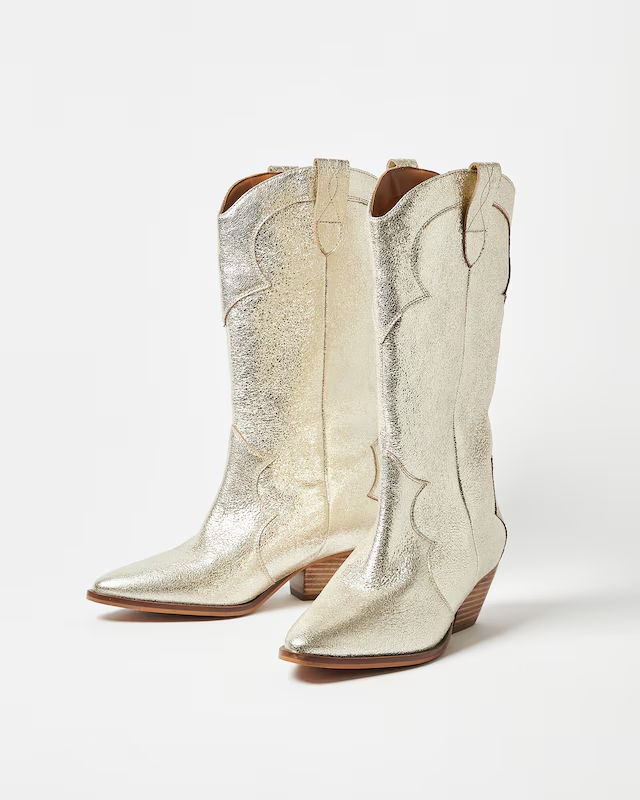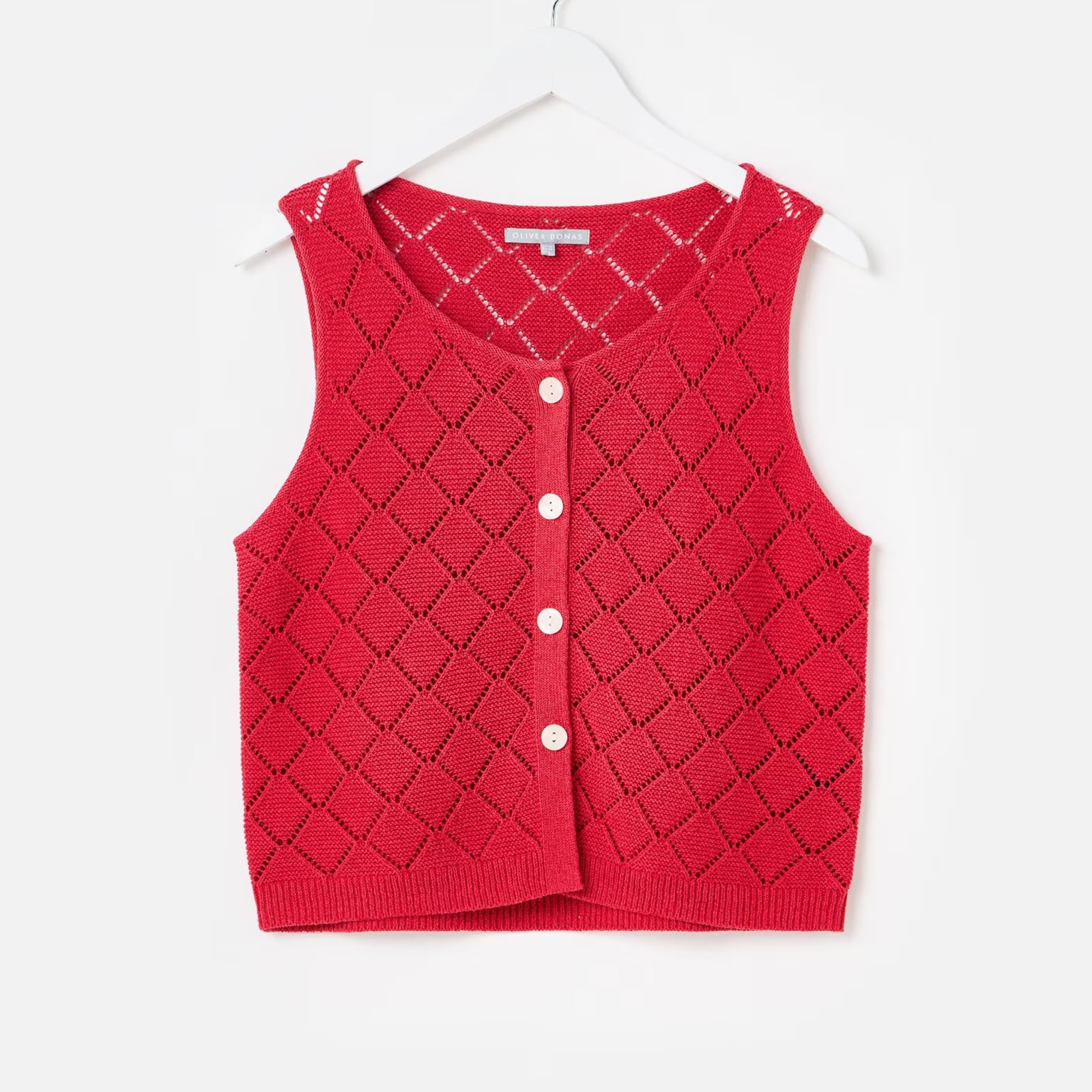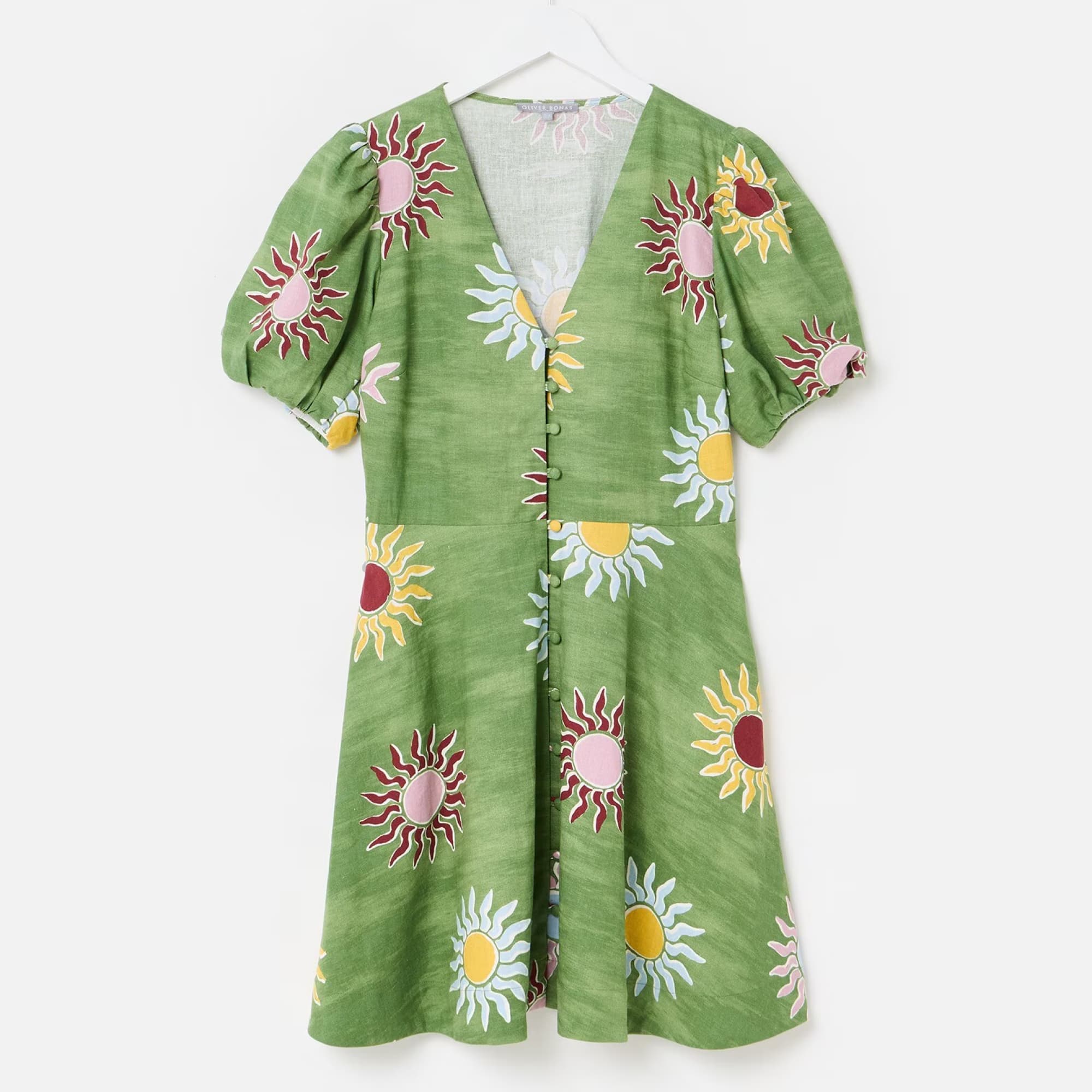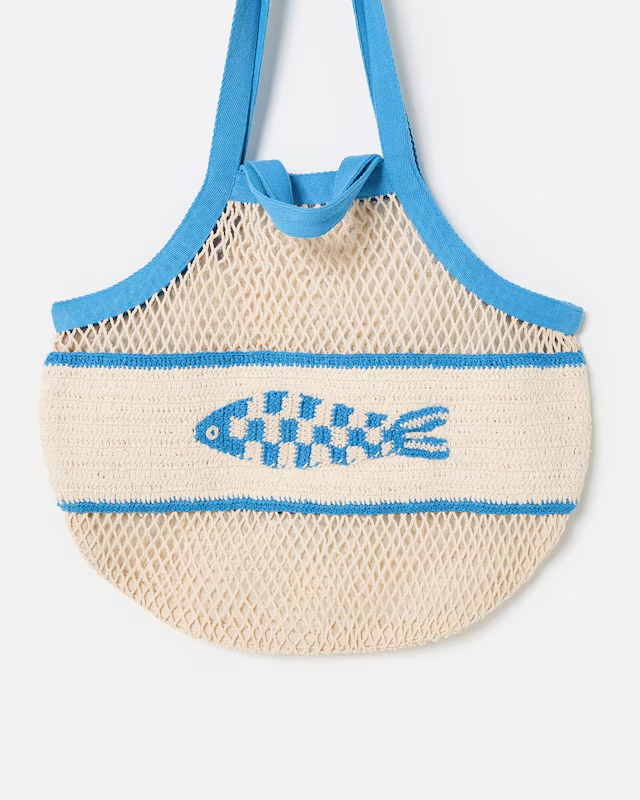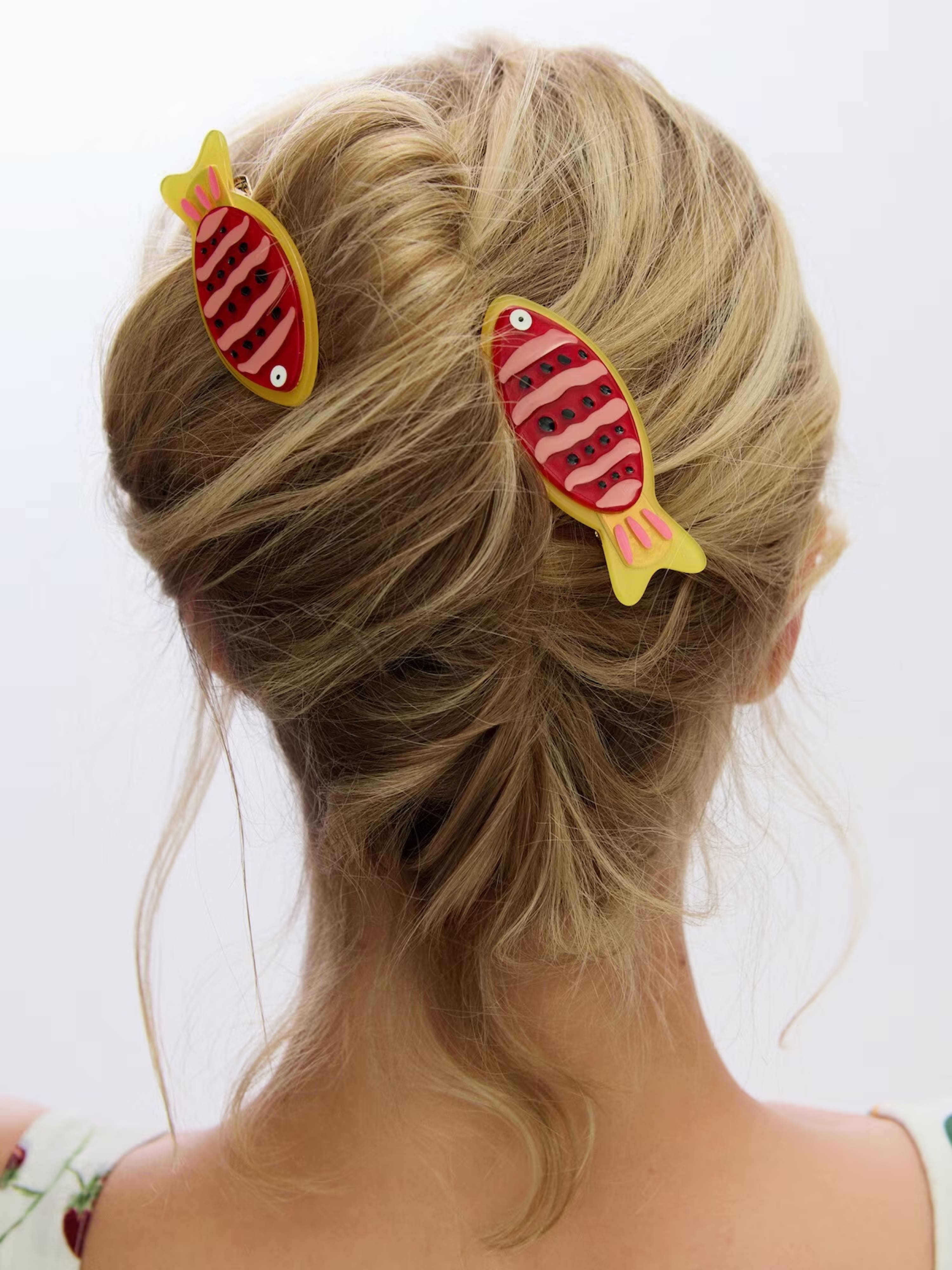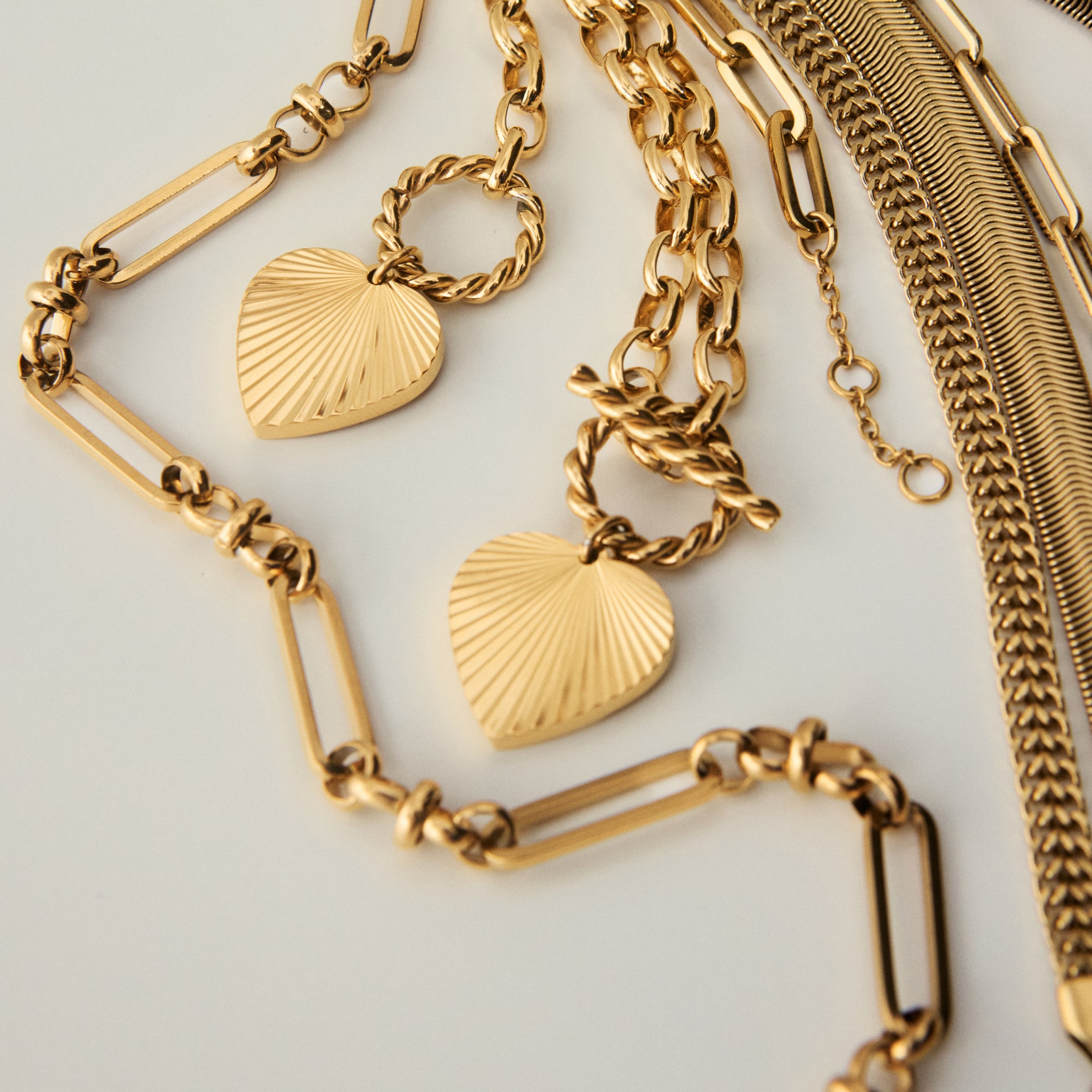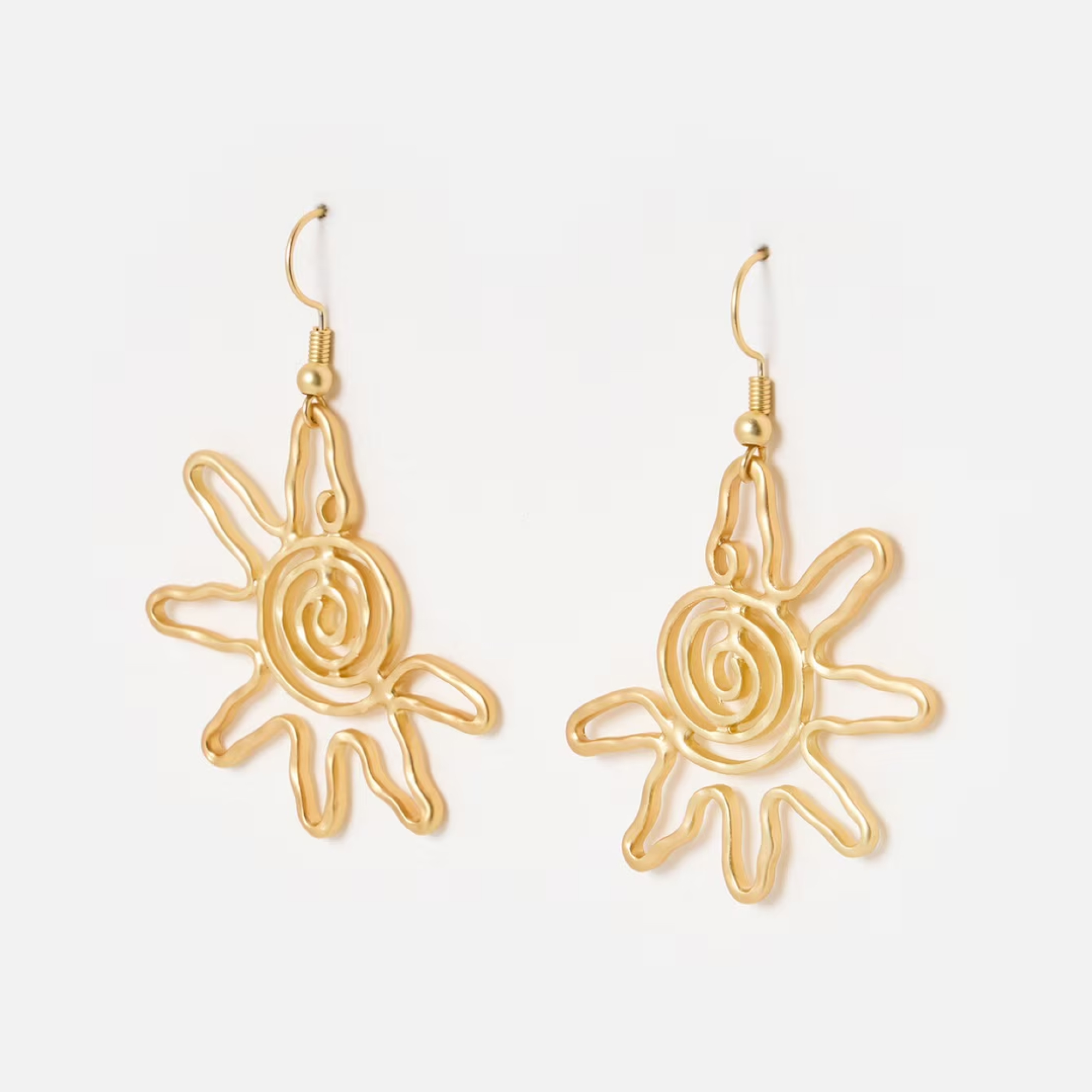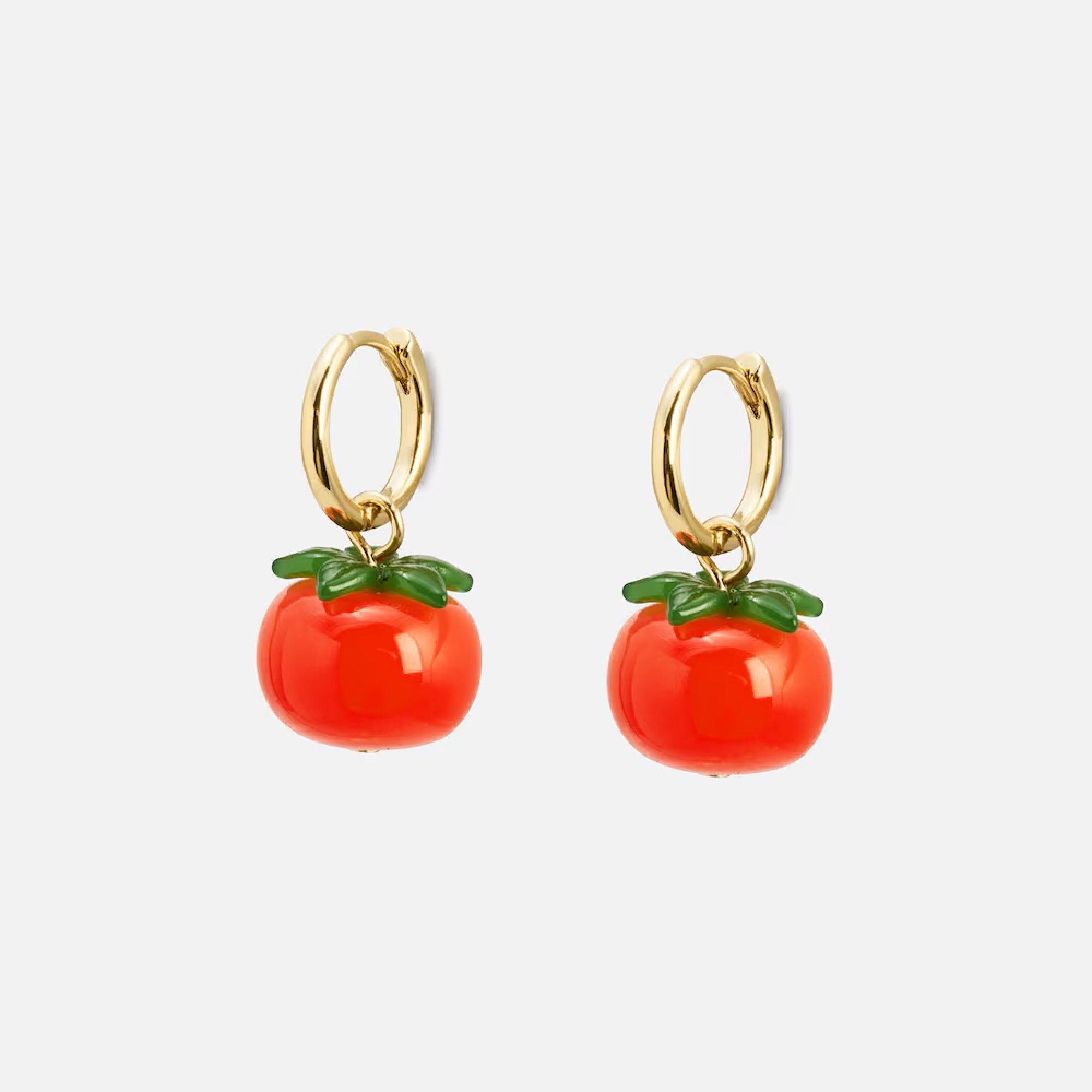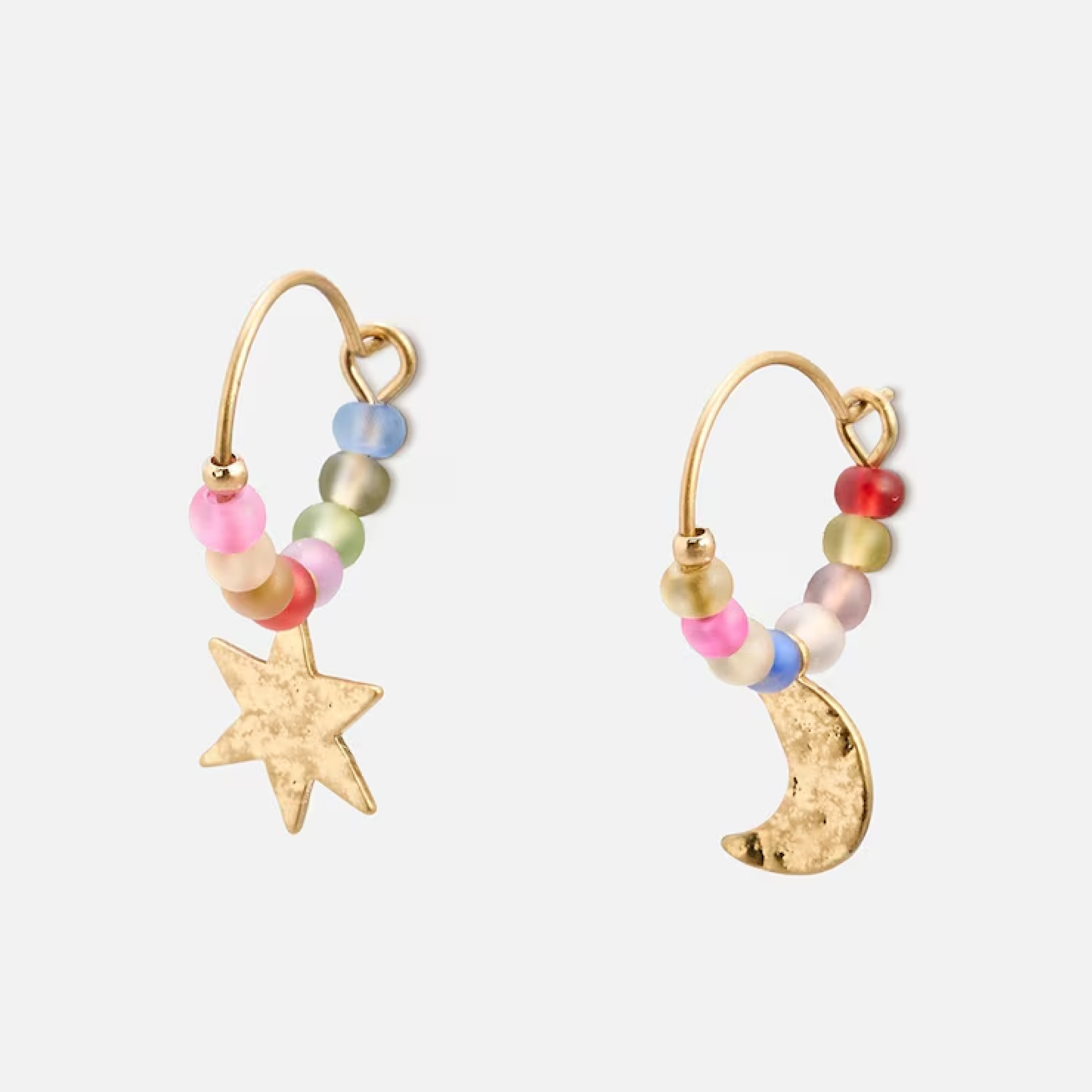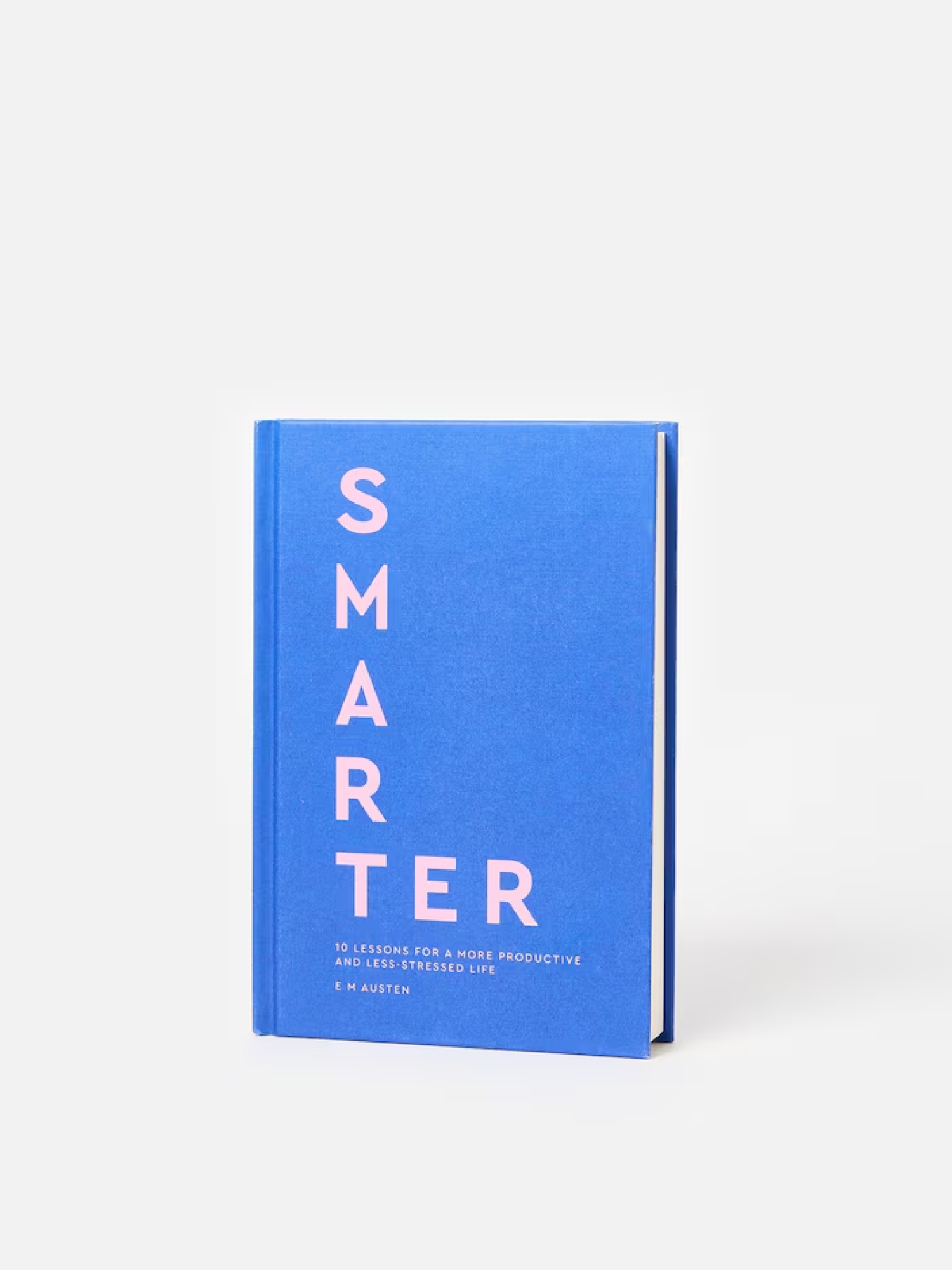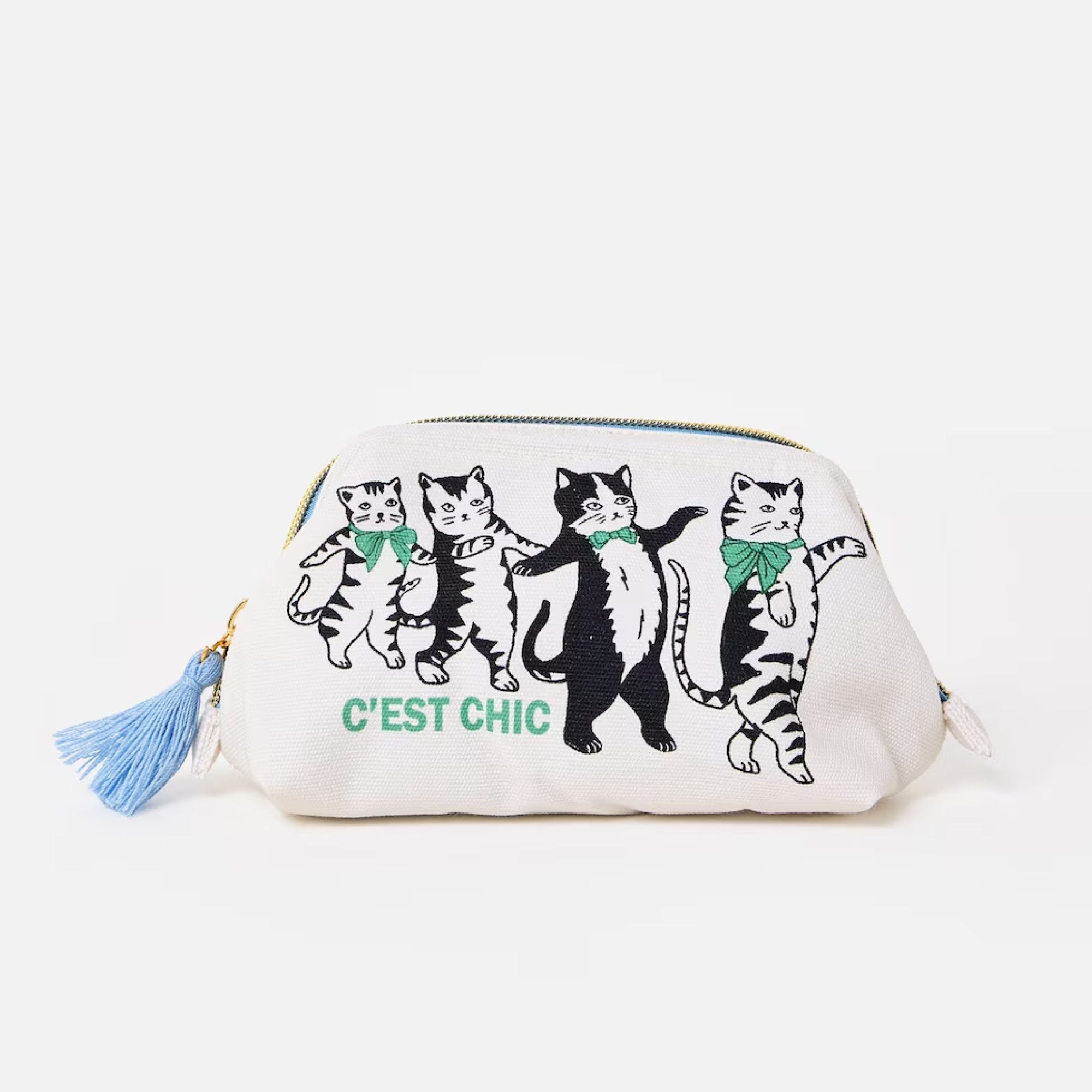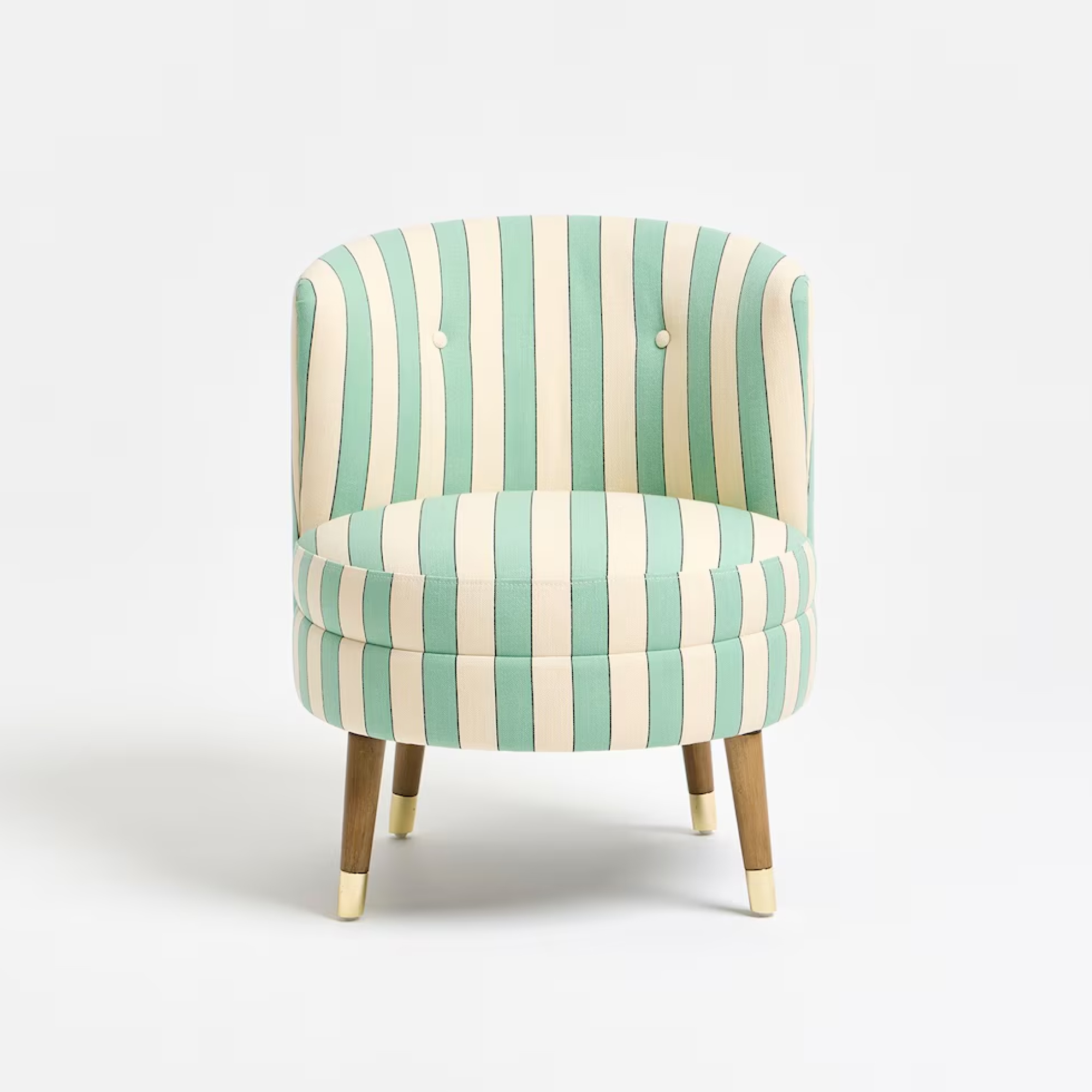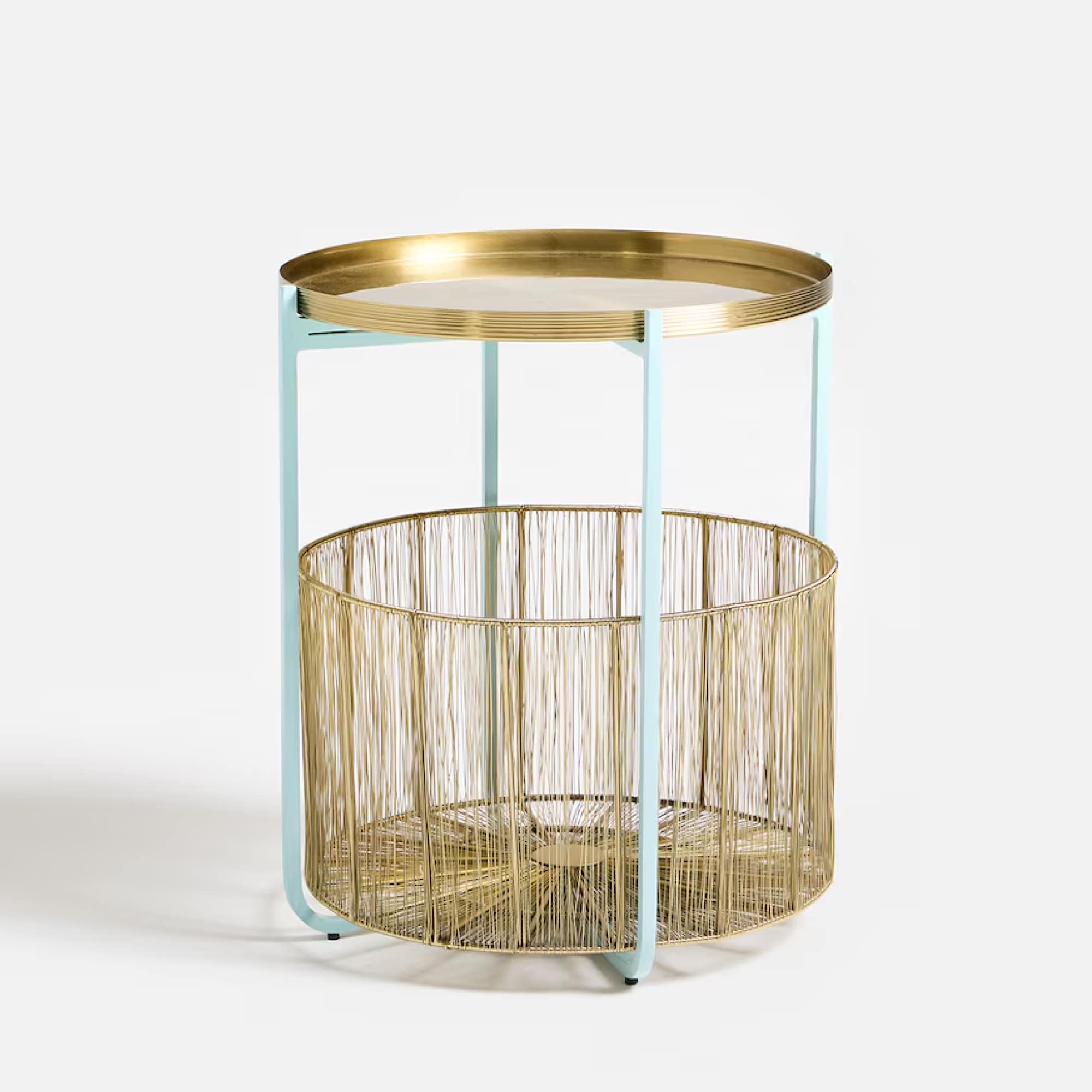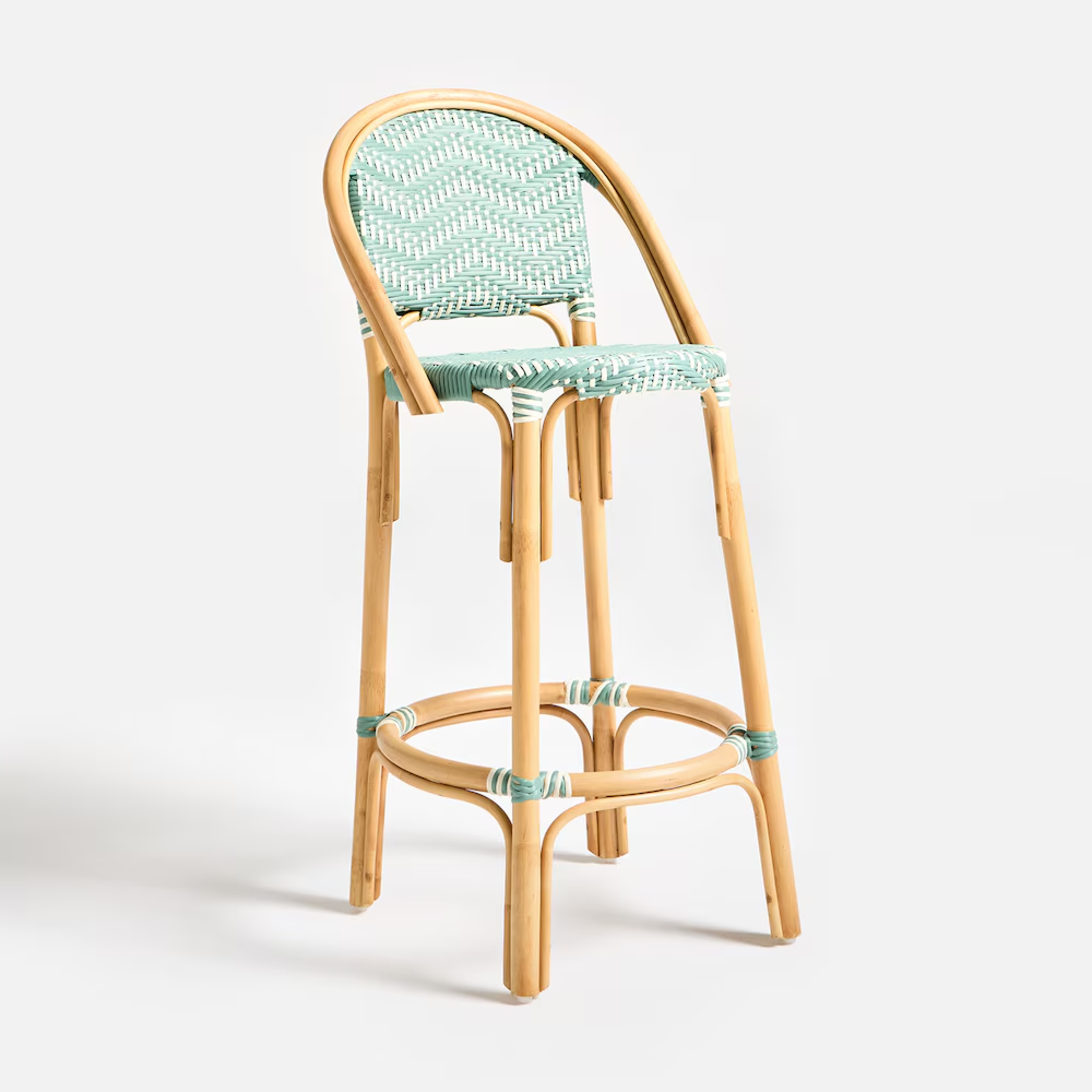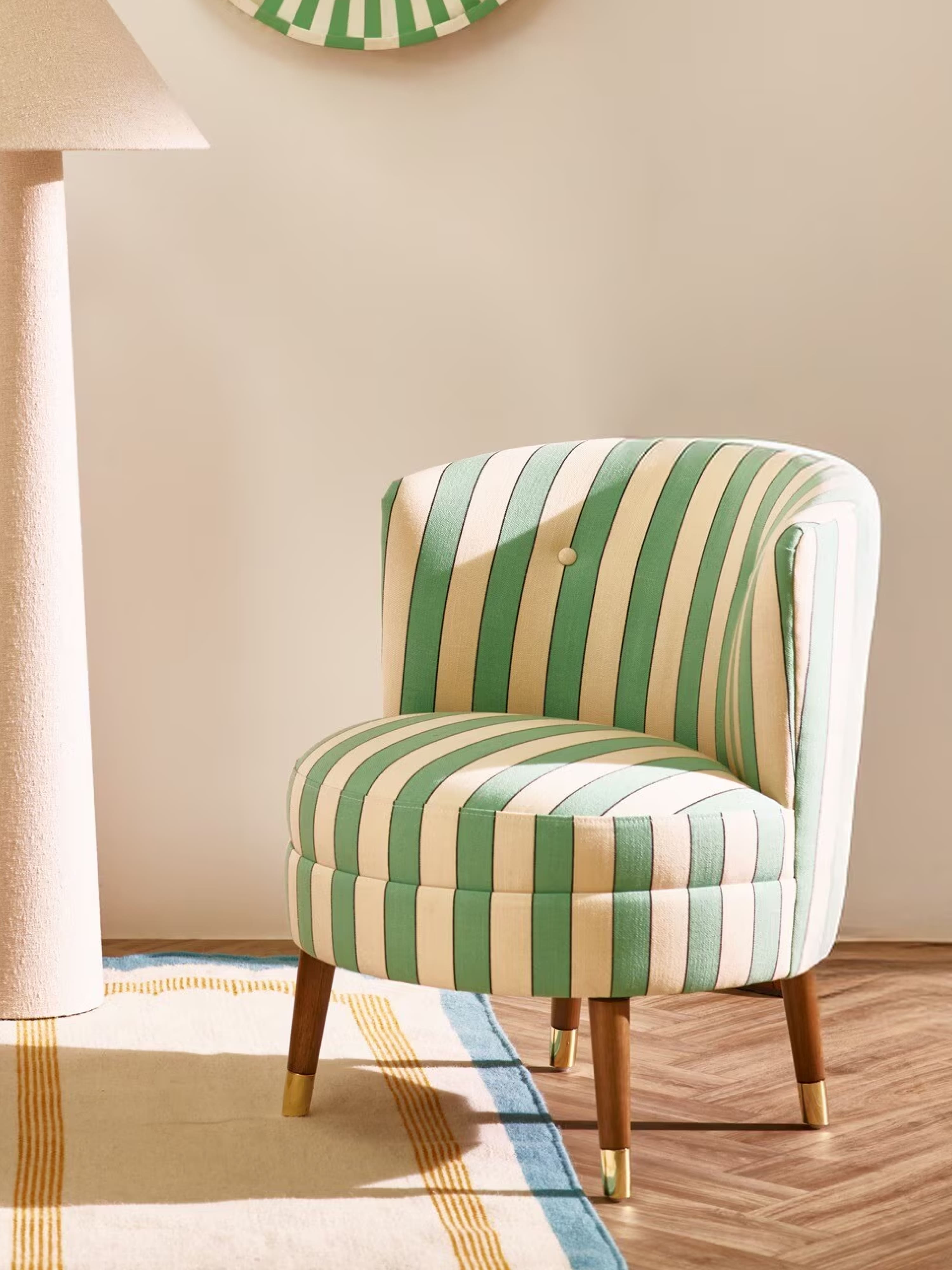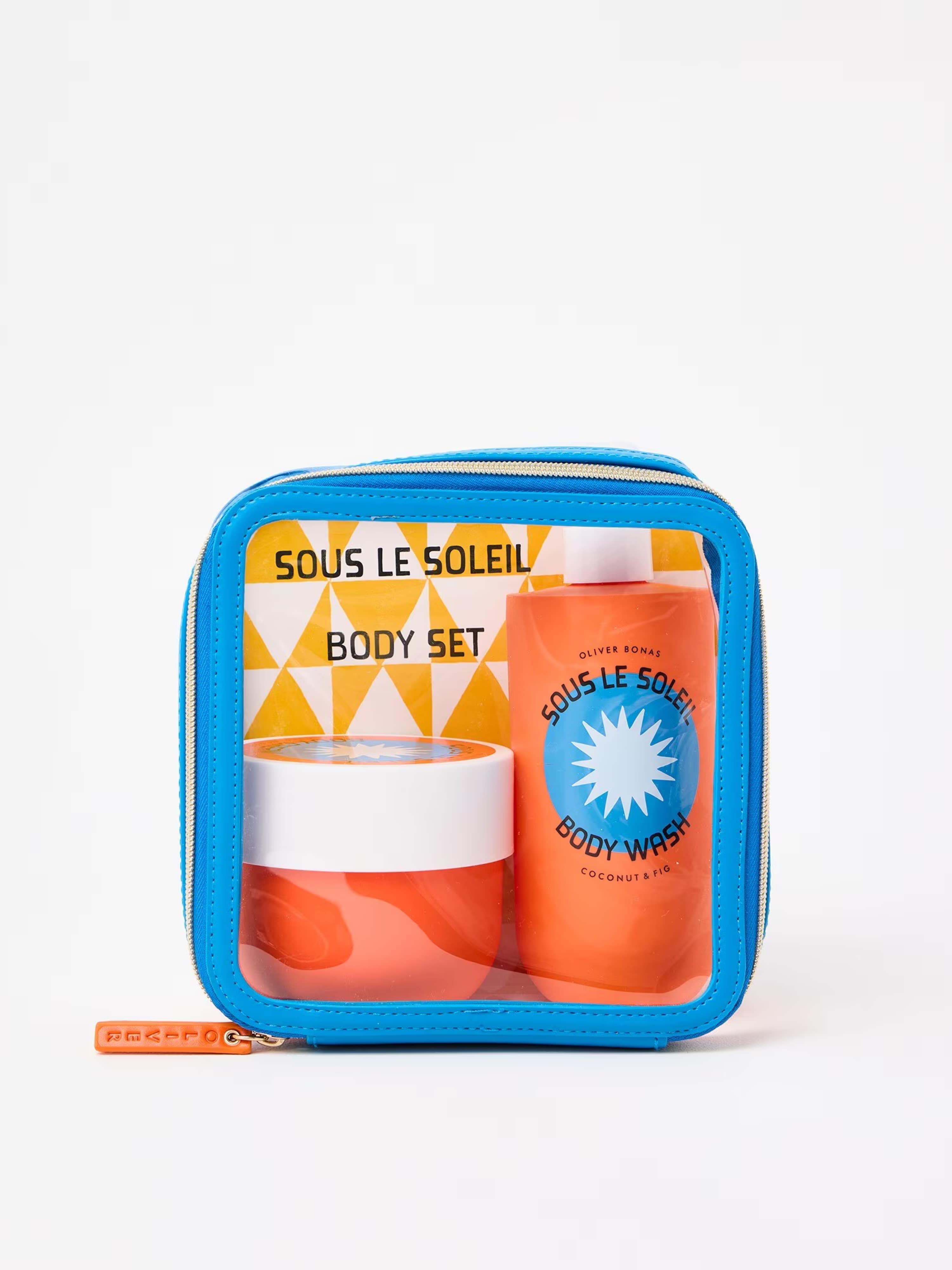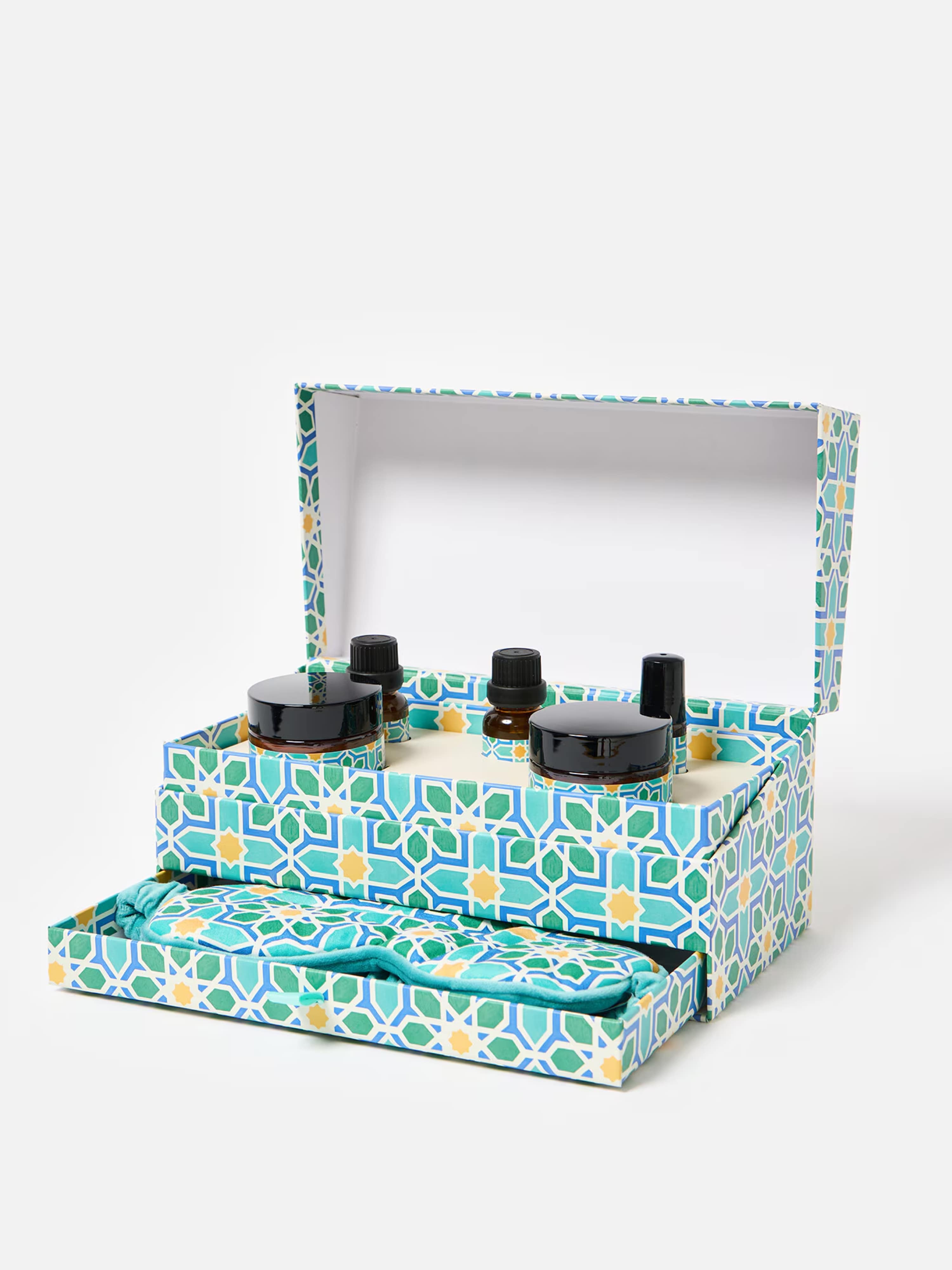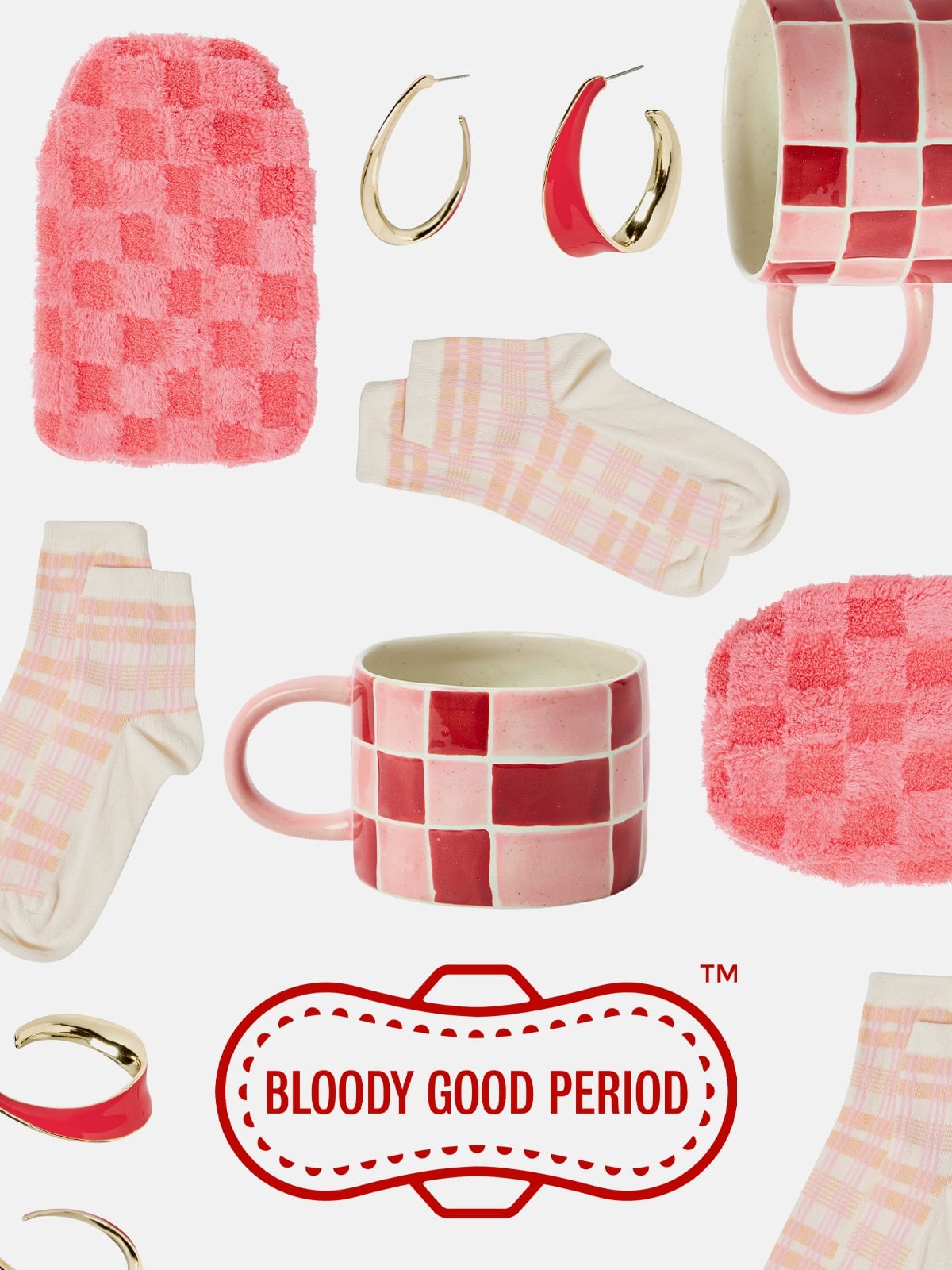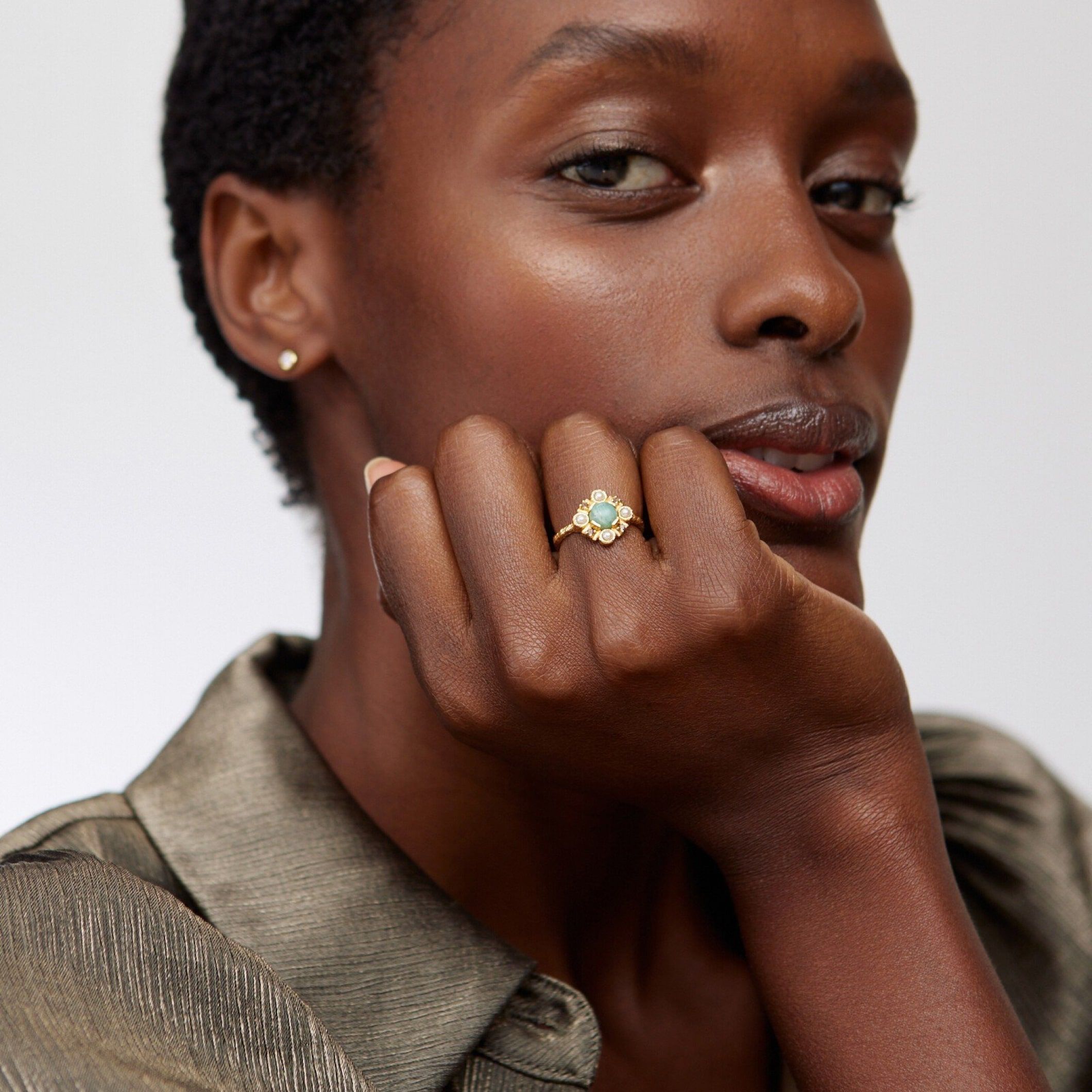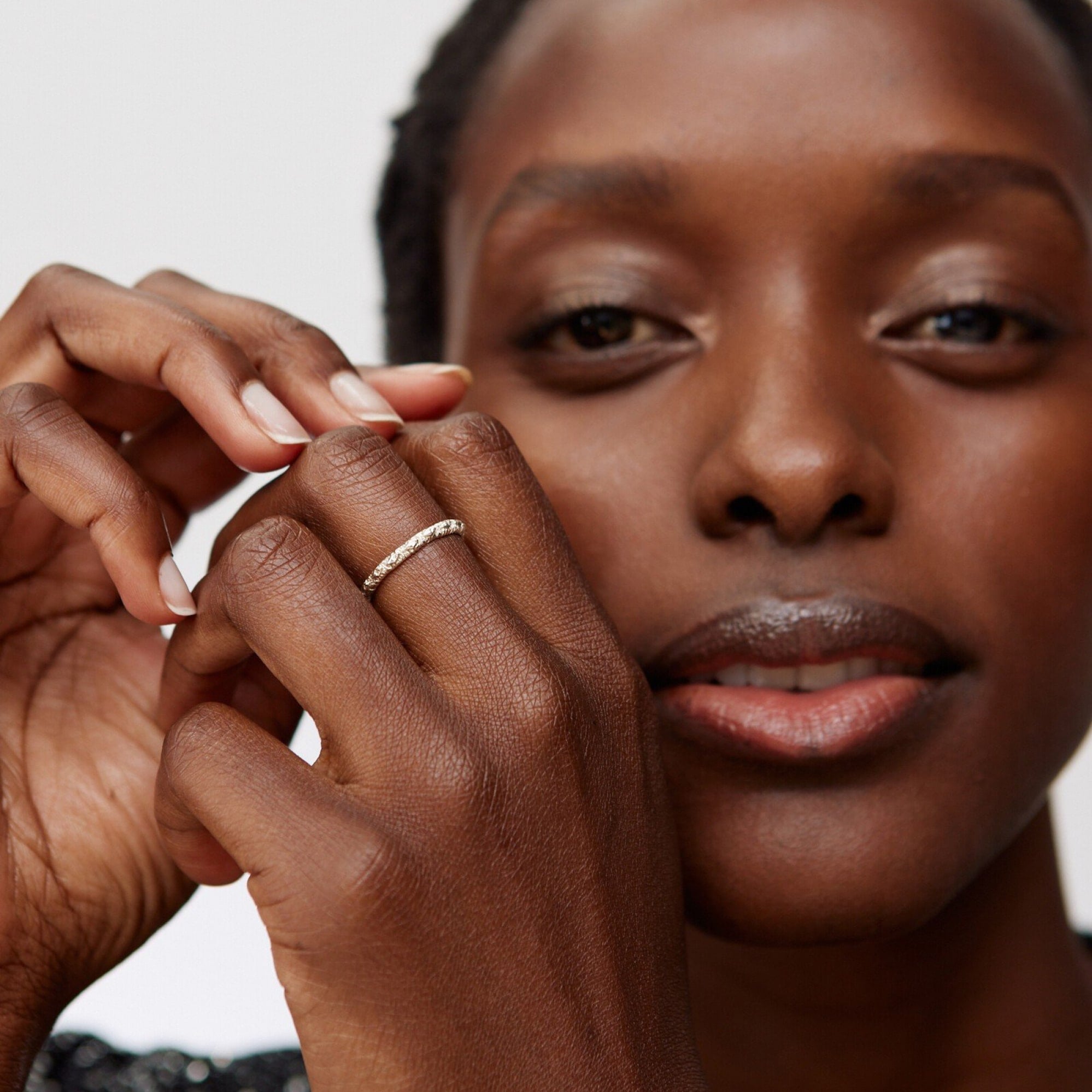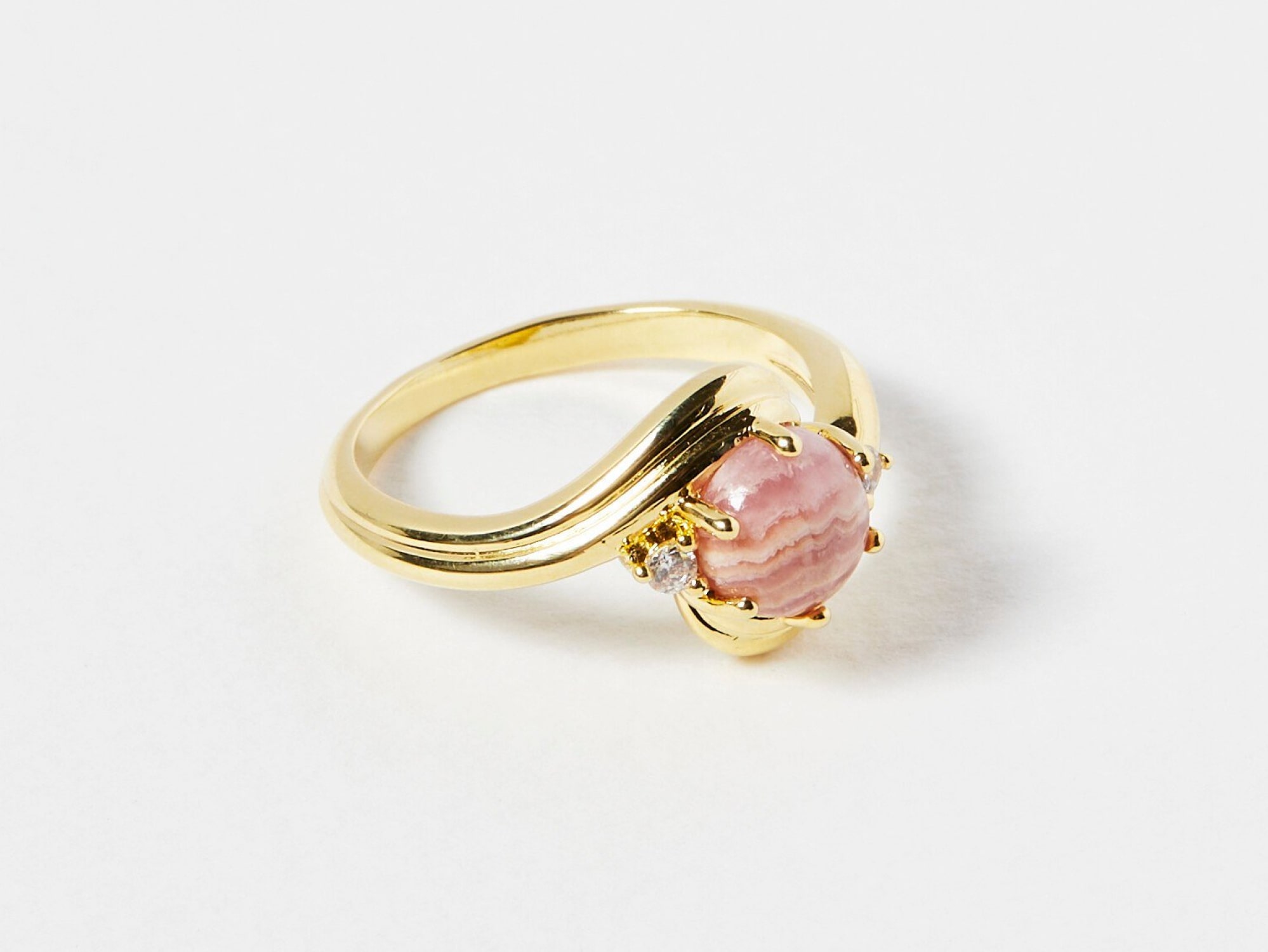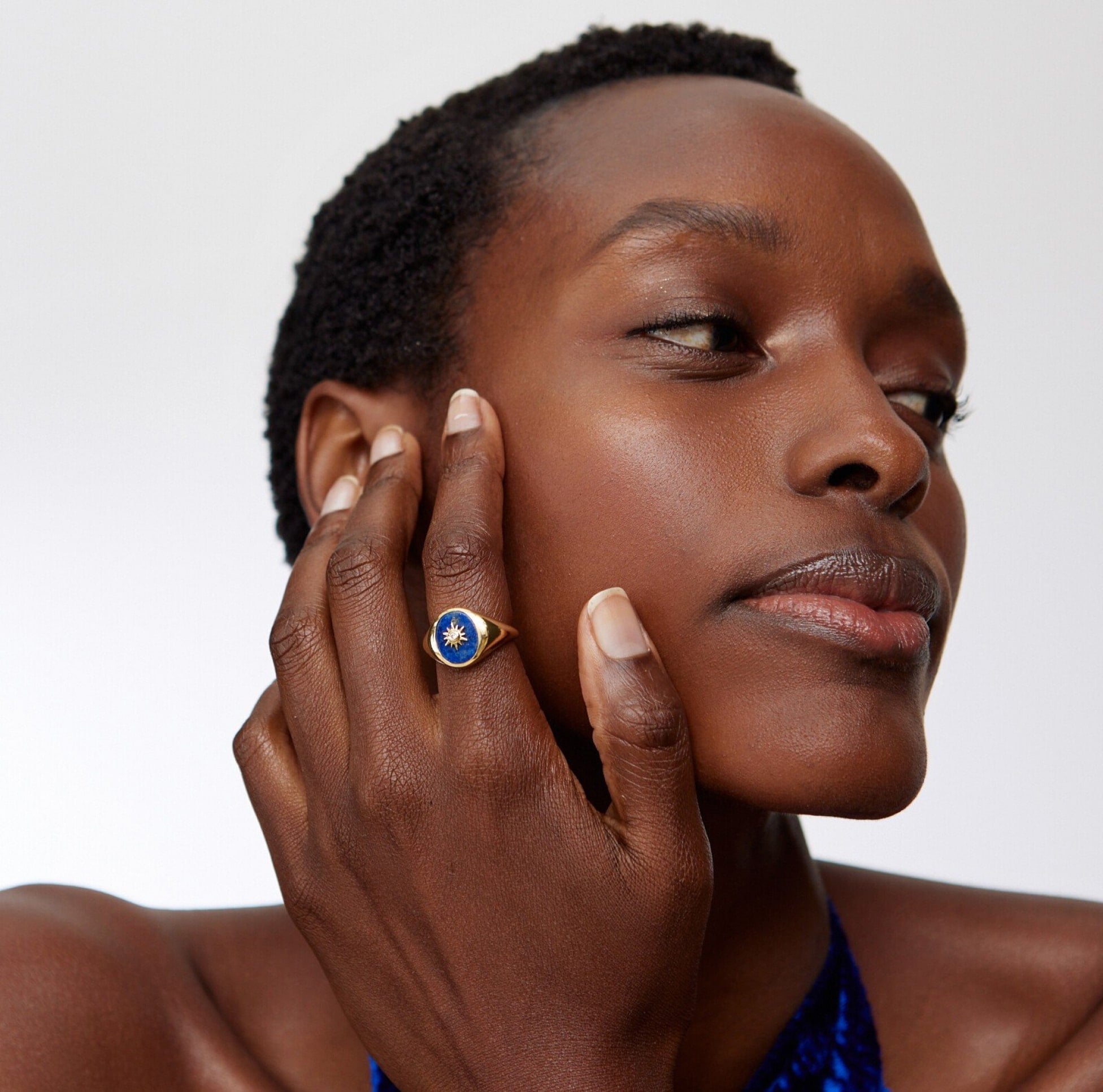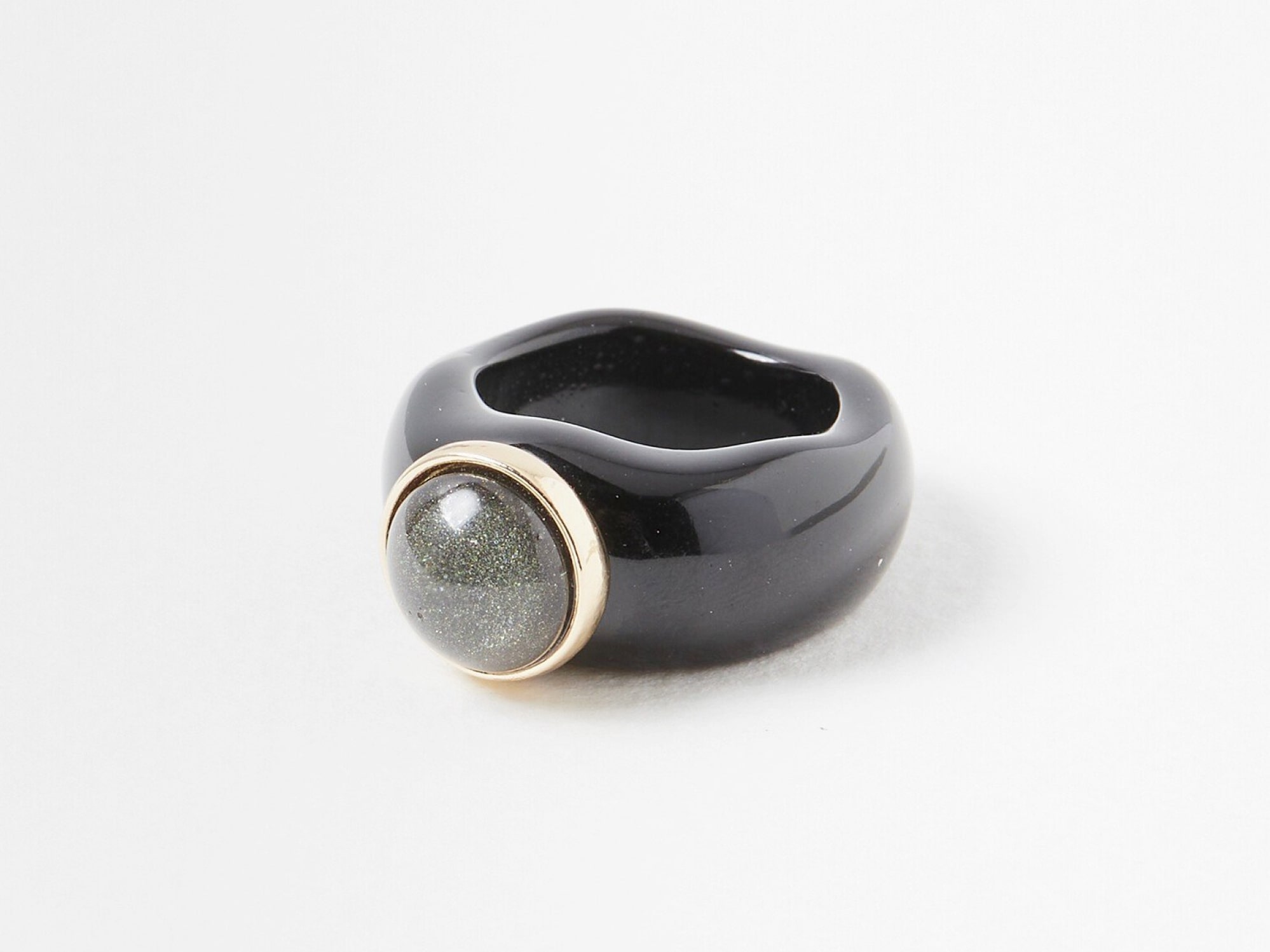How to measure your ring size at home
How should my ring fit?
Whether your prefer gold rings or silver rings, it should always fit comfortably on your finger. A ring should stay in place when being worn, but be easy to move over your knuckle when you're putting it on or taking it off. If your ring is too small then it can cause discomfort. If a ring is too large it can slip off your finger, and then you risk losing it.
When is the best time to measure your ring size?
The best time of day to measure your ring size is in the evening when your fingers will be at their largest. Don't measure your ring size when your fingers are cold, as they can be up to half a size smaller than usual. For an accurate size, measure your fingers at least three times and keep in mind that your fingers on your dominant hand are usually larger.
How to measure your ring size at home
You can find out your ring size with our printable ring size guide, a piece of string or even a strip of paper. Read below for step-by-step guides on each method.
How to measure your ring size with a printable ring size chart
1. Print out our ring size guide. Make sure you print it landscape on A4 size paper at 100%.
2. Take a ring that already fits the intended wearer and place it over each of the circles to find the best match. Try to match the inner edge of the ring to the circle.
3. The number inside the circle indicates the size of the ring.
4. If your ring falls between two sizes, choose the larger size.
How to measure your ring size with string
1. Wrap a length of string around the base of your finger.
2. Mark the point when the end meets with a pen or pencil.
3. Measure the piece of string with a ruler in millimeters (mm).
4. Find the closest measurement on our ring size chart to find your ring size.
You could also use a piece of floss if you don't have any string. Both can stretch so make sure you don’t pull them too taut.
How to measure your ring size with paper
1. Measure a piece of paper that is no wider than 1.5cm.
2. Wrap the strip of paper around the base of your finger.
3. Mark the point when the end meets with a pen or pencil.
4. Measure the paper with a ruler in millimeters (mm).
5. Find the closest measurement on our ring size chart to find your ring size.
Does the band width affect ring size?
Yes, the width of your ring will affect the ring size. Thicker, wider ring bands tend to have a more snug fit so we’d recommend going up a ring size. Thinner, more delicate bands have a looser fit so it’s best to go down a ring size.
How to find out someone else’s ring size
If you are looking to buy a gemstone ring as a jewellery gift for a loved one, there’s a couple of ways to secretly discover their ring size. The easiest is to use a ring they already own and place it on our ring size chart to find their size. If they are likely to notice a ring has gone missing, then use their ring to draw a circle of the inside of the ring on some paper. You can then cut out the circle and use this on the ring size chart. If you’d like to take the ring to a jeweler, then you can also press the ring into a bar of soap to create an imprint. Whatever method you choose, make sure you choose a ring that fits on the desired finger already.
Are ring sizes different in different countries?
Yes, the UK, US & EU all use different ring size systems. The UK shows ring sizes in letters and fractions for example: F1/2, H, H1/2 etc. The beginning of the alphabet are the smallest sizes and the end of the alphabet has the larger ring sizes. After Z, UK ring sizes add a plus (+) symbol alongside a number for example: Z+3. EU ring sizes correspond to the circumference of the ring in millimeters.
How to convert ring sizes
Use our conversion table to calculate your ring size for UK, EU or sizing.

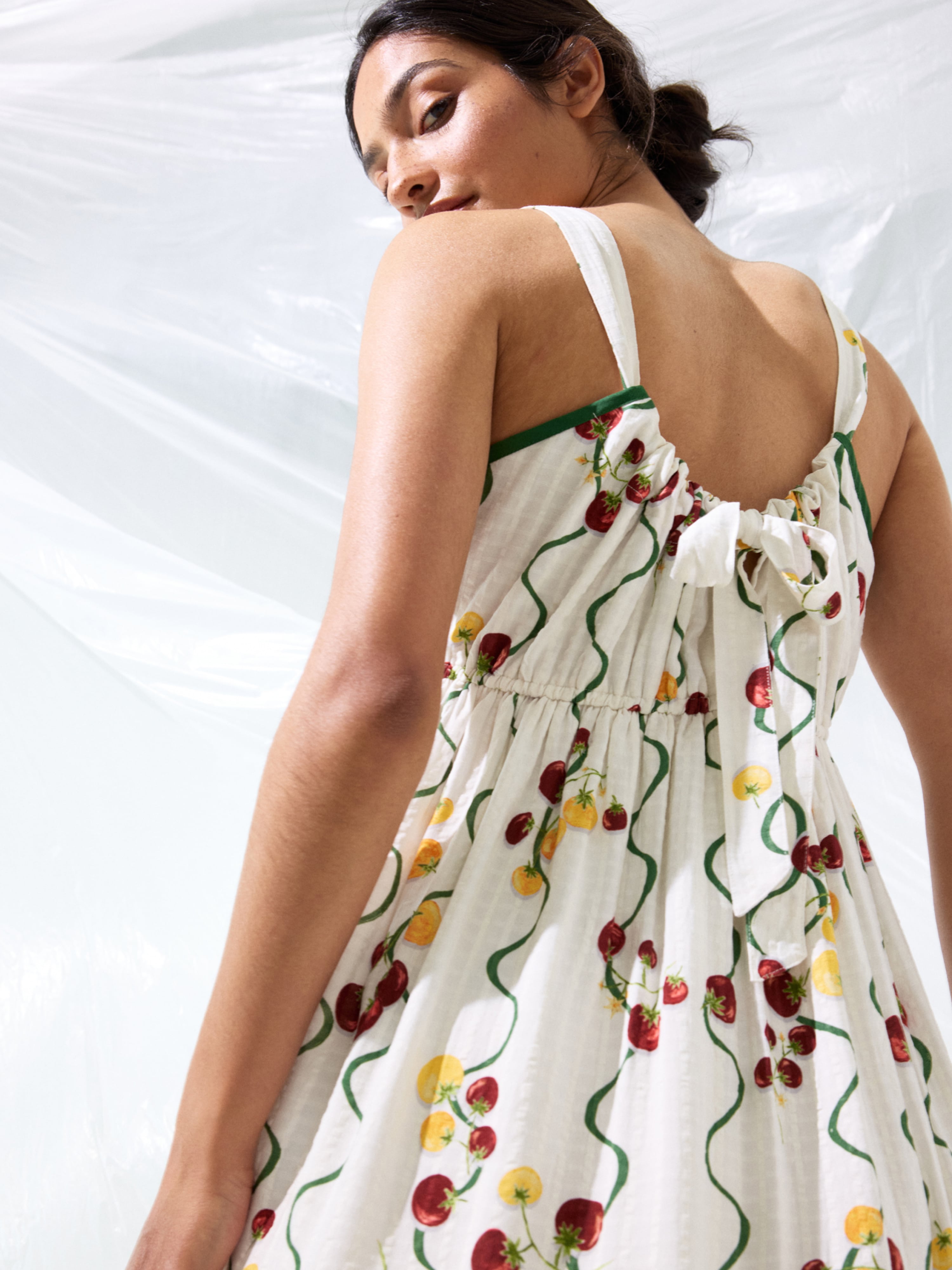
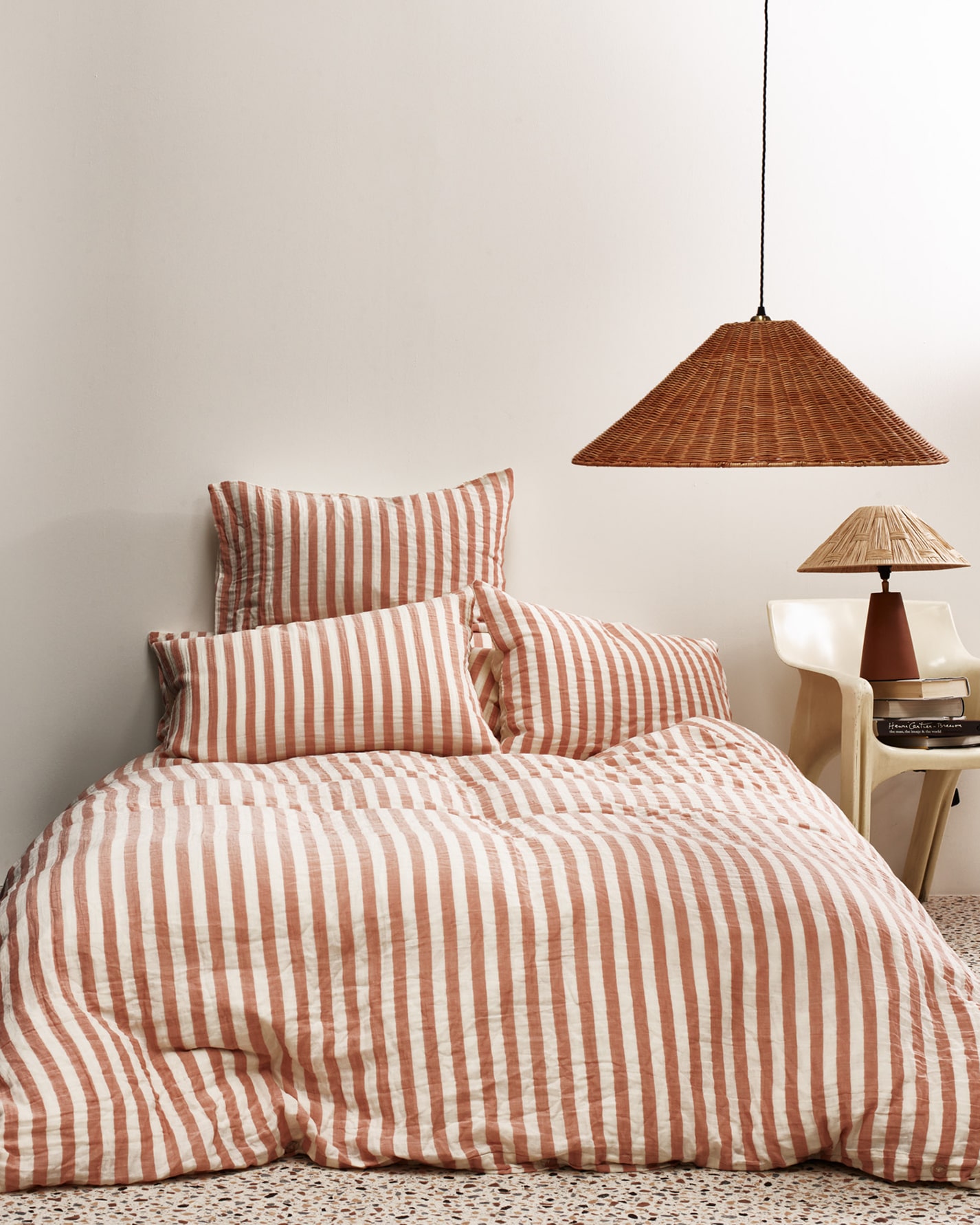
.jpg)
